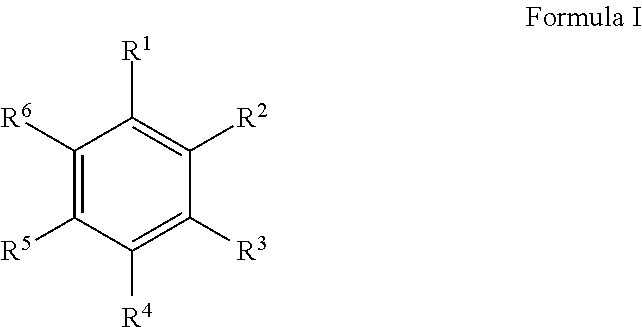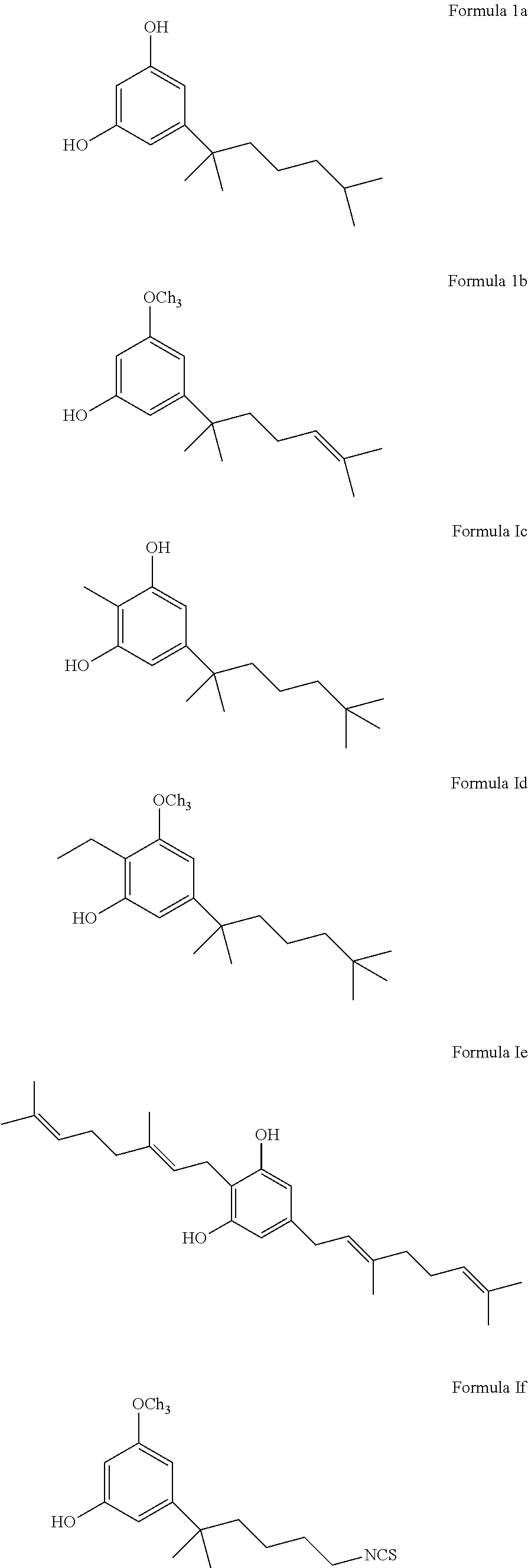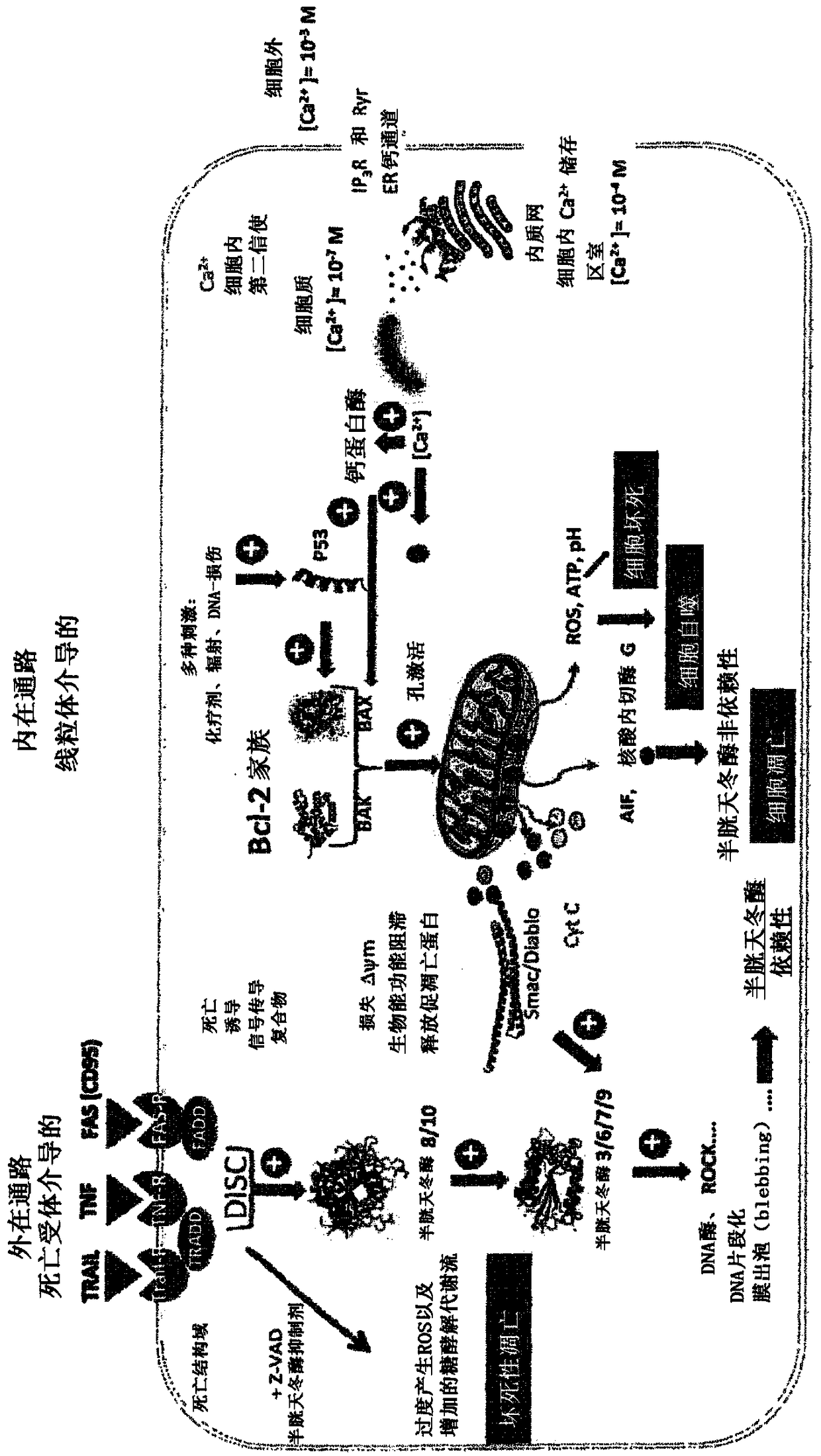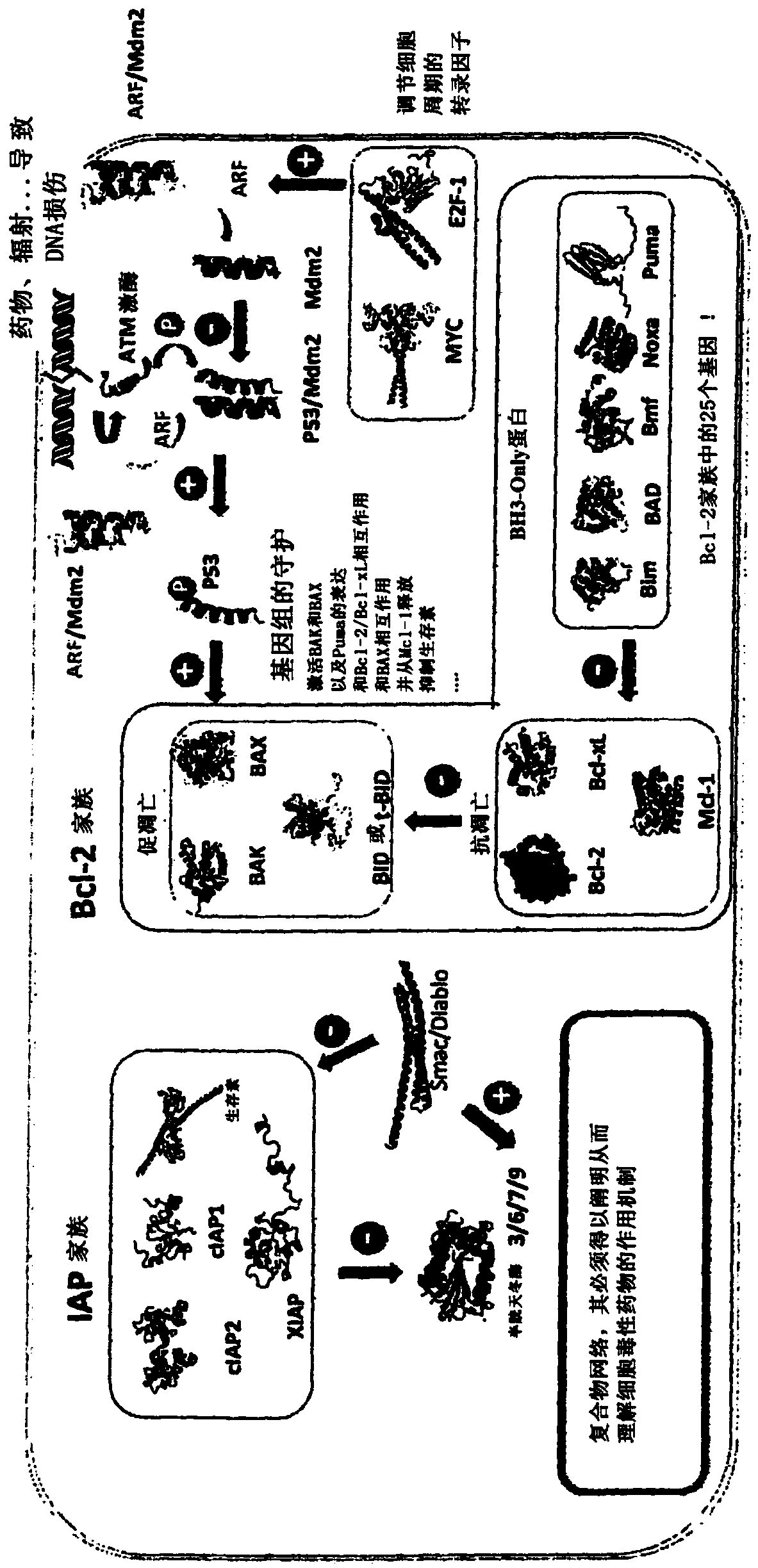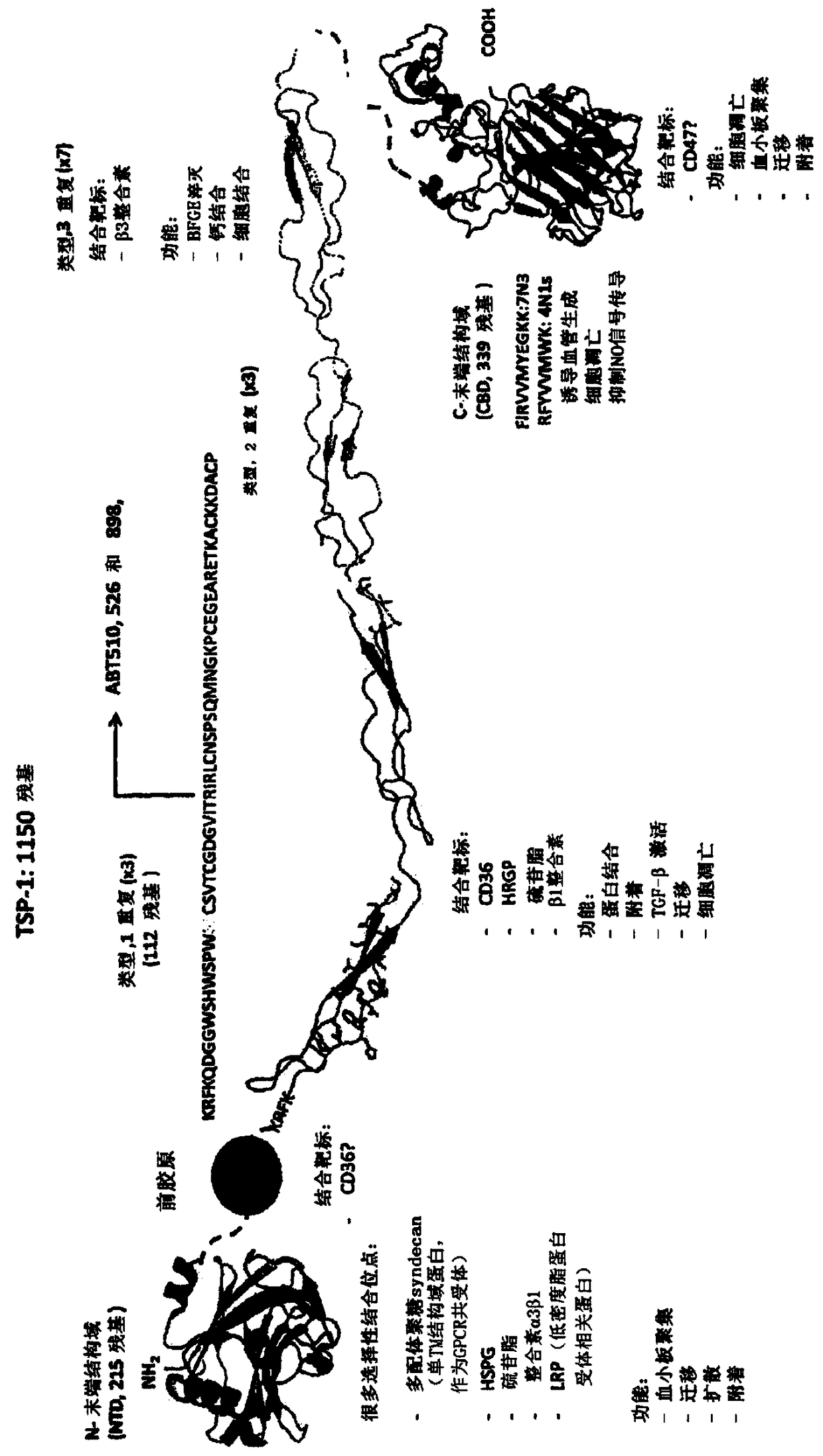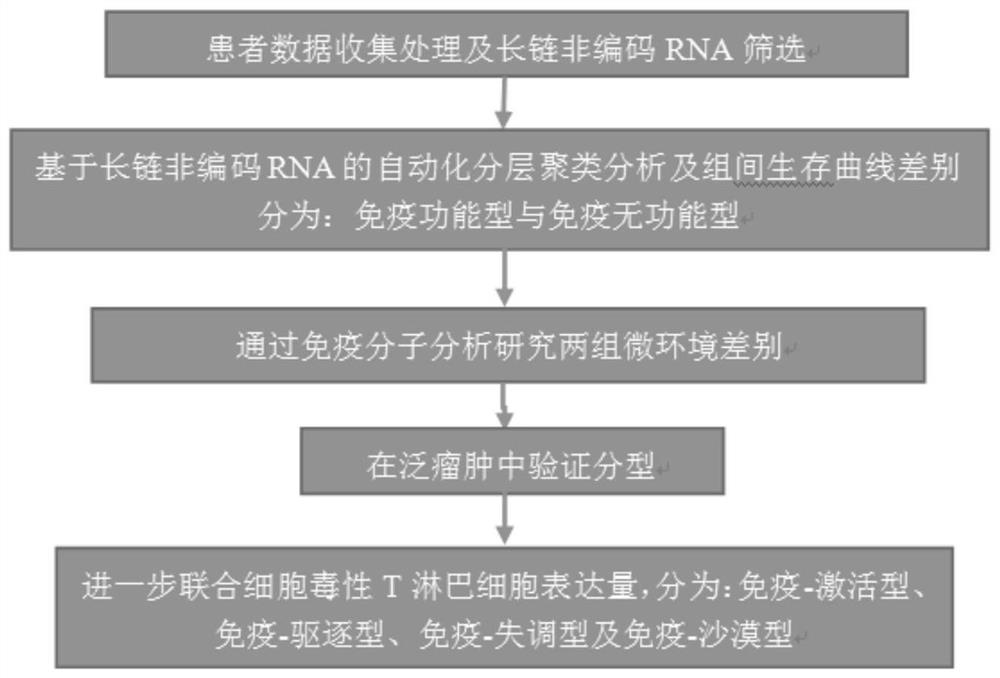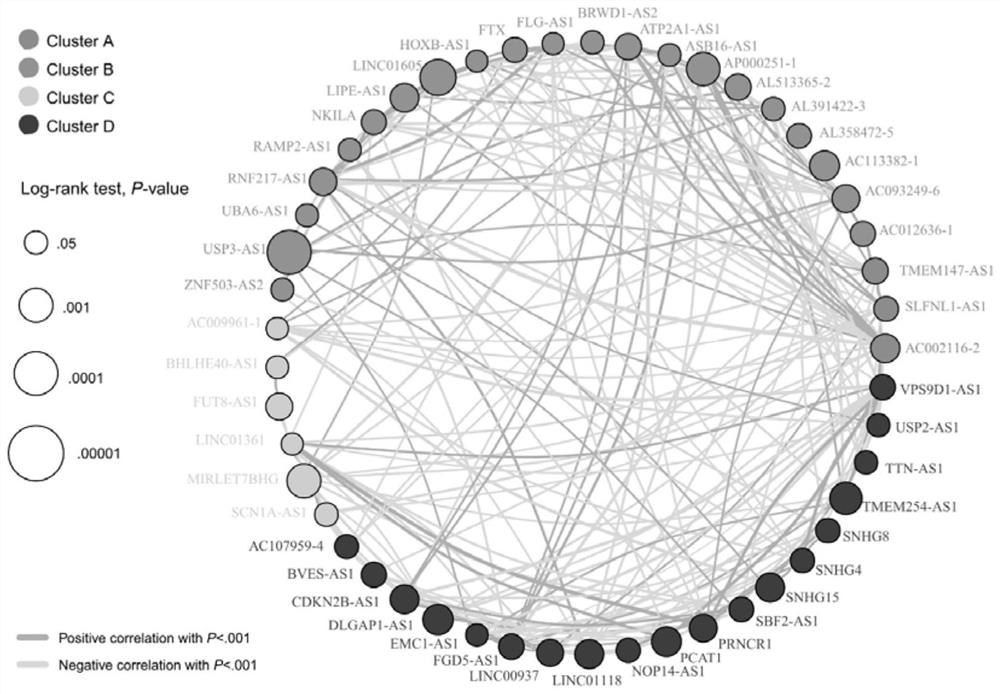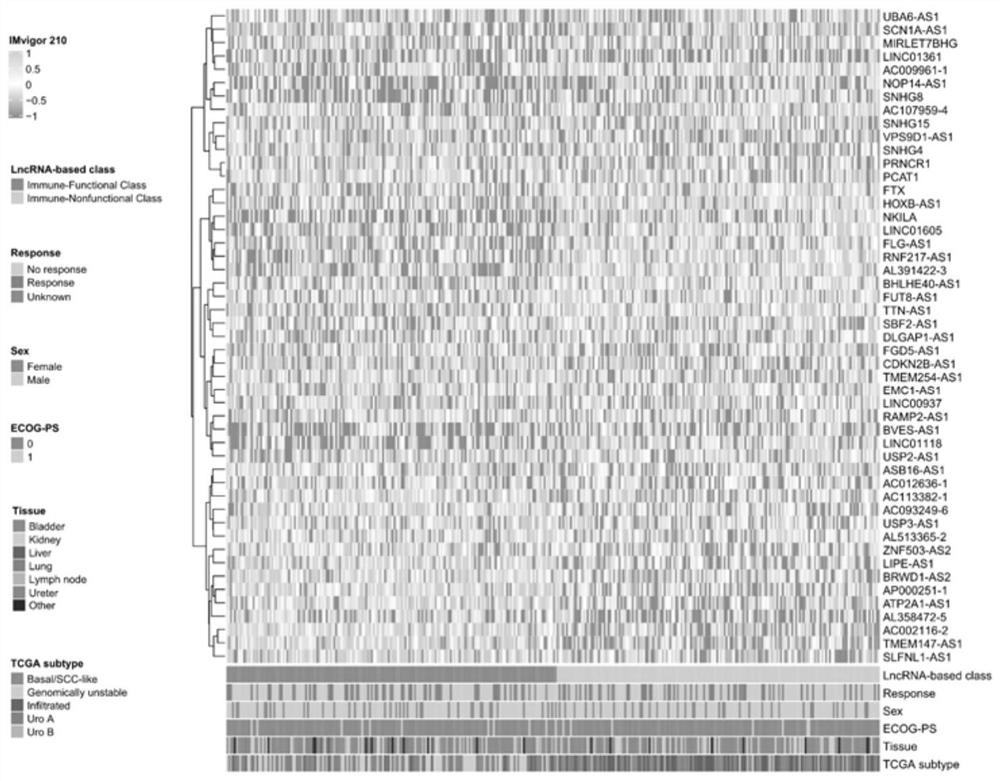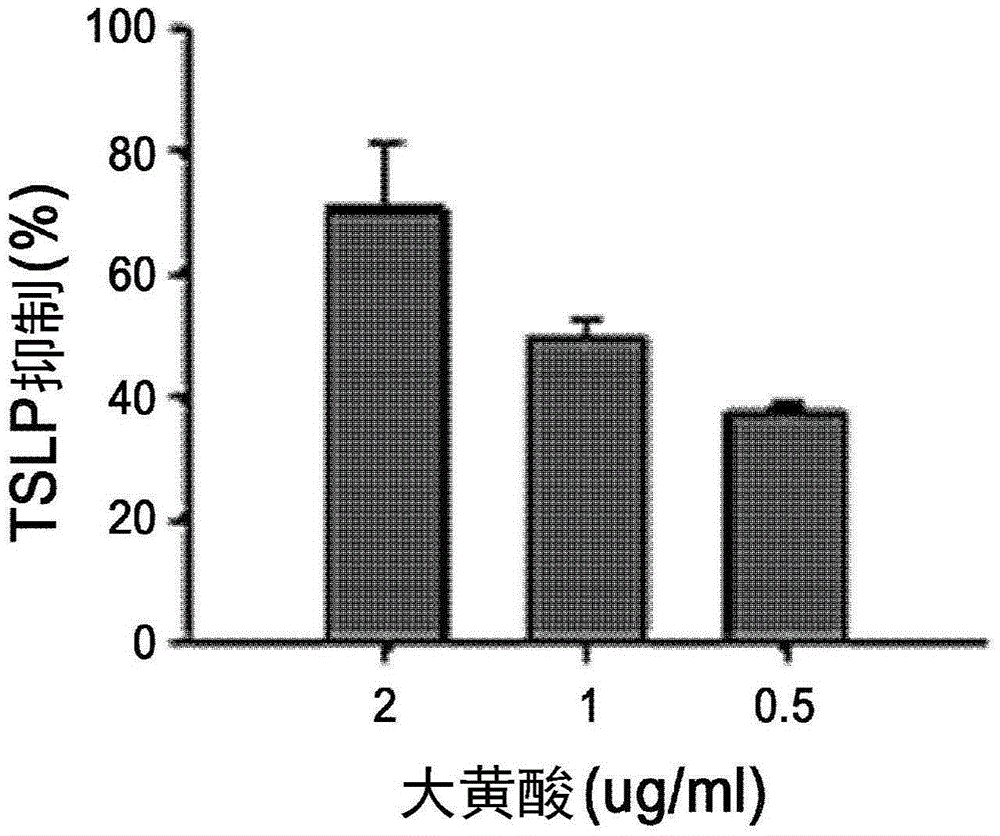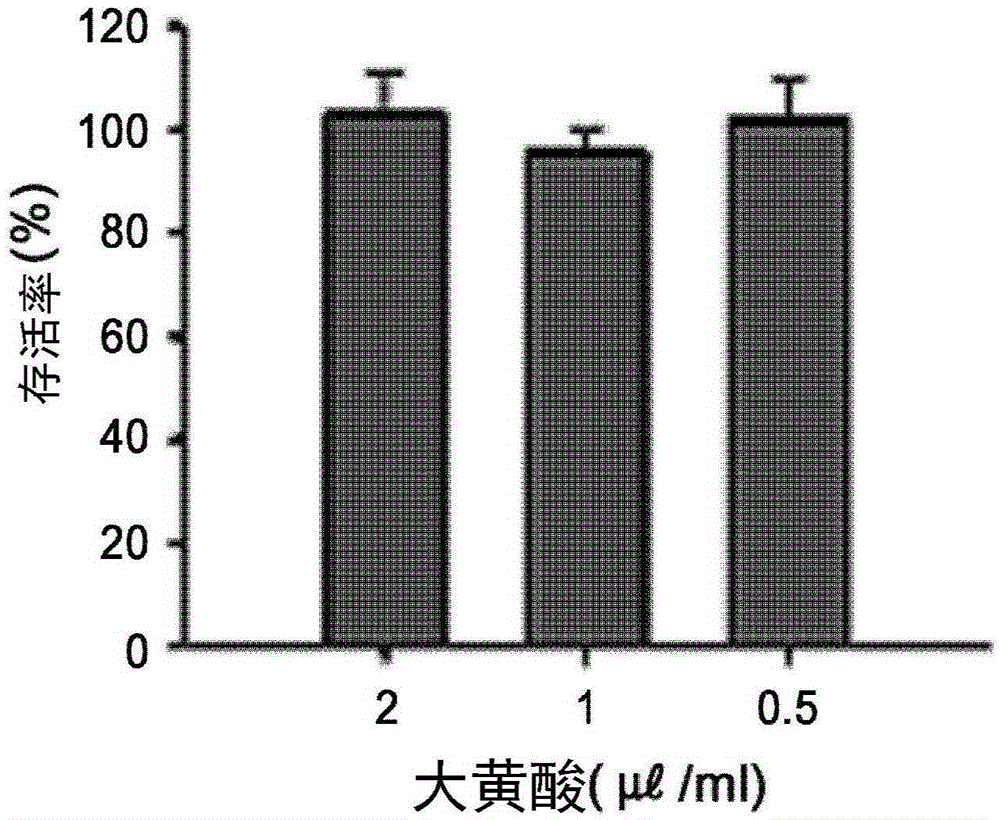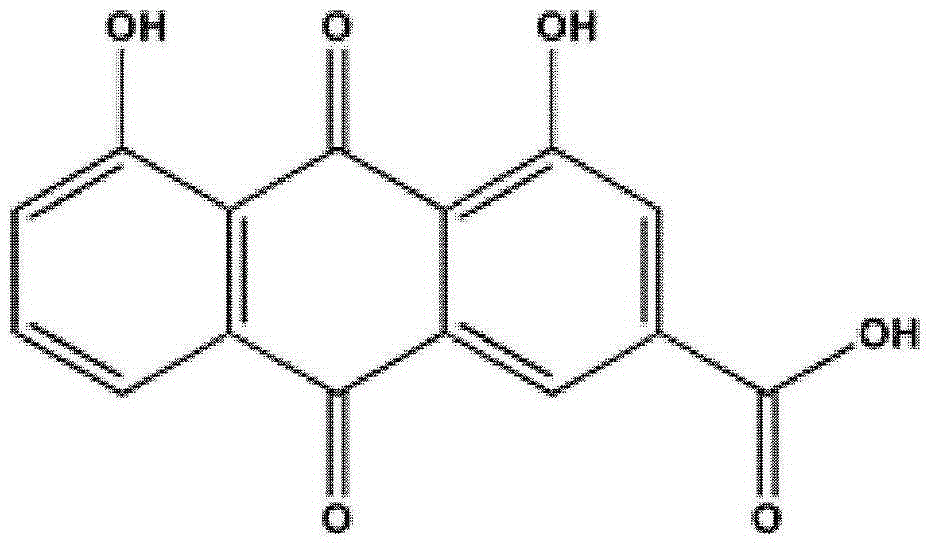Patents
Literature
44 results about "Immune dysregulation" patented technology
Efficacy Topic
Property
Owner
Technical Advancement
Application Domain
Technology Topic
Technology Field Word
Patent Country/Region
Patent Type
Patent Status
Application Year
Inventor
Immune dysregulation is a pseudo-scientific term. Immune system dysfunction, as seen in IPEX syndrome leads to immune dysfunction, polyendocrinopathy, enteropathy, X-linked (IPEX). IPEX typically presents during the first few months of life with diabetes mellitus, intractable diarrhea, failure to thrive, eczema, and hemolytic anemia. unrestrained or unregulated immune response.
Pharmaceutical compositions and treatment methods
InactiveUS6667299B1Efficient transportReduce yieldAntibacterial agentsOrganic active ingredientsRegimenKetone
The invention provides compositions comprising, 16alpha-bromo-3beta-hydroxy-5alpha-androstan-17-one hemihydrate and one or more excipients, typically wherein the composition comprises less than about 3% water. The compositions are useful to make improved pharmaceutical formulations. The invention also provides methods of intermittent dosing of steroid compounds such as analogs of 16alpha-bromo-3beta-hydroxy-5alpha-androstan-17-one and compositions useful in such dosing regimens. The invention further provides compositions and methods to inhibit pathogen (viral) replication, ameliorate symptoms associated with immune dysregulation and to modulate immune responses in a subject using certain steroids and steroid analogs. The invention also provides methods to make and use these immunomodulatory compositions and formulations.
Owner:NEURMEDIX +2
Pharmaceutical treatments and compositions
InactiveUS20070129282A1High expressionStimulate immune responseBiocidePeptide/protein ingredientsRegimenSterol
The invention provides compositions comprising formula 1 steroids, e.g., 16α-bromo-3β-hydroxy-5α-androstan-17-one hemihydrate and one or more excipients, including compositions that comprise a liquid formulation comprising less than about 3% v / v water. The compositions are useful to make improved pharmaceutical formulations. The invention also provides methods of intermittent dosing of steroid compounds such as analogs of 16α-bromo-3β-hydroxy-5α-androstan-17-one and compositions useful in such dosing regimens. The invention further provides compositions and methods to inhibit pathogen replication, ameliorate symptoms associated with immune dysregulation and to modulate immune responses in a subject using the compounds. The invention also provides methods to make and use these immunomodulatory compositions and formulations.
Owner:BIOVIE INC
Methods and compositions for immunotherapy and detection of inflammatory and immune-dysregulatory disease, infectious disease, pathologic angiogenesis and cancer
InactiveUS20060140936A1Antibacterial agentsOrganic active ingredientsDendritic cellAutoimmune condition
Methods and compositions for immunotherapy of inflammatory and immune-dysregulatory diseases, using multispecific antagonists that target at least two different markers are disclosed. The different targets include (i) proinflammatory effectors of the innate immune system, (ii) coagulation factors, and (iii) targets specifically associated with an inflammatory or immune-dysregulatory disorder, with a pathologic angiogenesis or cancer, or with an infectious disease, wherein the targets included in group (iii) are neither a proinflammatory effector of the immune system nor a coagulation factor. When the multispecific antagonist reacts specifically with a target associated with an inflammatory or immune-dysregulatory disorder, with a pathologic angiogenesis or cancer, or with an infectious disease, it also binds specifically with at least one proinflammatory effector of the immune system or at least one coagulation factor. Thus, the multispecific antagonist contains at least one binding specificity related to the diseased cell or condition being treated and at least one specificity to a component of the immune system, such as a receptor or antigen of B cells, T cells, neutrophils, monocytes and macrophages, and dendritic cells, a modulator of coagulation, or a proinflammatory cytokine. The multispecific antagonists are used in the treatment of various diseases that are generated or exacerbated by, or otherwise involve, proinflammatory effectors of the innate immune system or coagulation factors. Such diseases more particularly include acute and chronic inflammatory disorders, autoimmune diseases, giant cell arteritis, septicemia and septic shock, coagulopathies (including diffuse intravascular coagulation), neuropathies, graft versus host disease, infectious diseases, acute respiratory distress syndrome, granulomatous diseases, transplant rejection, asthma, cachexia, myocardial ischemia, and atherosclerosis. Other diseases also responsive to these therapies include cancers and conditions with pathological angiogenesis.
Owner:IMMUNOMEDICS INC
11-Aza, 11-Thia and 11-Oxa Sterol Compounds and Compositions
The invention provides compositions comprising formula 1 steroids, e.g., 16α-bromo-3β-hydroxy-5α-androstan-17-one hemihydrate and one or more excipients, including compositions that comprise a liquid formulation comprising less than about 3% v / v water. The compositions are useful to make improved pharmaceutical formulations. The invention also provides methods of intermittent dosing of steroid compounds such as analogs of 16α-bromo-3β-hydroxy-5α-androstan-17-one and compositions useful in such dosing regimens. The invention further provides compositions and methods to inhibit pathogen replication, ameliorate symptoms associated with immune dysregulation and to modulate immune responses in a subject using the compounds. The invention also provides methods to make and use these immunomodulatory compositions and formulations.
Owner:BIOVIE INC +1
Vaccine and immunotherapy for solid nonlymphoid tumor and related immune dysregulation
InactiveUS20010033839A1Inhibitory responseInduceSnake antigen ingredientsImmunoglobulins against cell receptors/antigens/surface-determinantsAbnormal tissue growthTh2 response
Provided are vaccines, methods of making the vaccines and methods for administering the vaccines for immunotherapy of an individual bearing, or at risk for developing, solid nonlymphoid tumor. The vaccine comprises an immunotherapeutic composition and tumor-associated antigen, and may further comprise one or more of an immunomodulator or a pharmaceutically acceptable carrier. A method of immunotherapy of an individual comprises administering to the individual an amount of the vaccine effective to suppress a TH2 response, and to induce a TH1 response against solid nonlymphoid tumor, in an individual having a TH2 / TH1 imbalance.
Owner:BIOCRYSTAL LTD
Pharmaceutical compositions and treatment methods
The invention provides compositions comprising formula 1 steroids, e.g., 16alpha-bromo-3beta-hydroxy-5alpha-androstan-17-one hemihydrate and one or more excipients, typically wherein the composition comprises less than about 3% water. The compositions are useful to make improved pharmaceutical formulations. The invention also provides methods of intermittent dosing of steroid compounds such as analogs of 16alpha-bromo-3beta-hydroxy-5alpha-androstan-17-one and compositions useful in such dosing regimens. The invention further provides compositions and methods to inhibit pathogen (viral) replication, ameliorate symptoms associated with immune dysregulation and to modulate immune responses in a subject using certain steroids and steroid analogs. The invention also provides methods to make and use these immunomodulatory compositions and formulations.
Owner:NEURMEDIX +2
Treatment of drug-related side effect and tissue damage by targeting the cd24-hmgb1-siglec10 axis
ActiveUS20110064746A1Organic active ingredientsPeptide/protein ingredientsSide effectAntibody fragments
The present technology provides methods and compositions for the treatment of tissue-damage related immune dysregulation by administering a composition comprising one or more of CD24; CD24 fragments, variants and derivatives, CD24Fc fusion proteins; HMBG1-binding proteins, binding proteins to HMBG1 Box B; antagonists of HMGB1, polyclonal, monoclonal, recombinant, chimeric, humanized scFv antibodies and antibody fragments to HMGB1 or fragments of HMGB1 and antibodies that bind and suppress the activity of HMGB1 Box B; Siglec 10 agonists such as anti-Siglec 10 antibodies; and combinations thereof to a patient.
Owner:RGT UNIV OF MICHIGAN
Methods and compositions for immunotherapy and detection of inflammatory and immune-dysregulatory disease, infectious disease, pathologic angiogenesis and cancer
InactiveUS20080108794A1Antibacterial agentsOrganic active ingredientsDendritic cellAutoimmune condition
Owner:IMMUNOMEDICS INC
Formulations and Treatment Methods
InactiveUS20070275936A1High expressionStimulate immune responseOrganic active ingredientsBiocideSterolRegimen
The invention provides compositions comprising formula 1 steroids, e.g., 16α-bromo-3β-hydroxy-5α-androstan-17-one hemihydrate and one or more excipients, including compositions that comprise a liquid formulation comprising less than about 3% v / v water. The compositions are useful to make improved pharmaceutical formulations. The invention also provides methods of intermittent dosing of steroid compounds such as analogs of 16α-bromo-3β-hydroxy-5α-androstan-17-one and compositions useful in such dosing regimens. The invention further provides compositions and methods to inhibit pathogen replication, ameliorate symptoms associated with immune dysregulation and to modulate immune responses in a subject using the compounds. The invention also provides methods to make and use these immunomodulatory compositions and formulations.
Owner:BIOVIE INC
Methods and compositions for immunotherapy and detection of inflammatory and immune-dysregulatory disease, infectious disease, pathologic angiogenesis and cancer
InactiveUS20080241141A1Antibacterial agentsOrganic active ingredientsDendritic cellAutoimmune condition
Methods and compositions for immunotherapy of inflammatory and immune-dysregulatory diseases, using multispecific antagonists that target at least two different markers are disclosed. The different targets include (i) proinflammatory effectors of the innate immune system, (ii) coagulation factors, and (iii) targets specifically associated with an inflammatory or immune-dysregulatory disorder, with a pathologic angiogenesis or cancer, or with an infectious disease, wherein the targets included in group (iii) are neither a proinflammatory effector of the immune system nor a coagulation factor. When the multispecific antagonist reacts specifically with a target associated with an inflammatory or immune-dysregulatory disorder, with a pathologic angiogenesis or cancer, or with an infectious disease, it also binds specifically with at least one proinflammatory effector of the immune system or at least one coagulation factor. Thus, the multispecific antagonist contains at least one binding specificity related to the diseased cell or condition being treated and at least one specificity to a component of the immune system, such as a receptor or antigen of B cells, T cells, neutrophils, monocytes and macrophages, and dendritic cells, a modulator of coagulation, or a proinflammatory cytokine. The multispecific antagonists are used in the treatment of various diseases that are generated or exacerbated by, or otherwise involve, proinflammatory effectors of the innate immune system or coagulation factors. Such diseases more particularly include acute and chronic inflammatory disorders, autoimmune diseases, giant cell arteritis, septicemia and septic shock, coagulopathies (including diffuse intravascular coagulation), neuropathies, graft versus host disease, infectious diseases, acute respiratory distress syndrome, granulomatous diseases, transplant rejection, asthma, cachexia, myocardial ischemia, and atherosclerosis. Other diseases also responsive to these therapies include cancers and conditions with pathological angiogenesis.
Owner:IMMUNOMEDICS INC
Treatment Of Immune Dysregulation Using Cannabinoid Derivatives
Owner:TRAVIS CRAIG RICK
Vaccine and immunotherapy for solid nonlymphoid tumor and related immune dysregulation
InactiveUS20050191313A1Good curative effectInhibitory responseImmunoglobulins against cell receptors/antigens/surface-determinantsAntibody ingredientsAbnormal tissue growthTh2 response
Provided are vaccines, methods of making the vaccines and methods for administering the vaccines for immunotherapy of an individual bearing, or at risk for developing, solid nonlymphoid tumor. The vaccine comprises an immunotherapeutic composition and tumor-associated antigen, and may further comprise one or more of an immunomodulator or a pharmaceutically acceptable carrier. A method of immunotherapy of an individual comprises administering to the individual an amount of the vaccine effective to suppress a TH2 response, and to induce a TH1 response against solid nonlymphoid tumor, in an individual having a TH2 / TH1 imbalance.
Owner:BIOCRYSTAL LTD
Compositions and methods for treating immune and viral disorders and modulating protein-rna interaction
InactiveUS20160287622A1Reduce the possibilityGood cell permeabilityCompound screeningOrganic active ingredientsMedicineAutoimmune disease
The present invention relates to methods of treating or decreasing the likelihood of developing a disorder associated with immune misregulation, such as, an autoimmune disorder, or viral or virus-associated disorder in a subject including administering to the subject a composition comprising an activator of a CCCH zinc finger-containing PARP, such as, PARP13 or PARP12. The present invention also relates to methods of treating a TRAIL-resistant disorder, such as, TRAIL-resistant cancer including administering to the subject a composition comprising an activator of a CCCH zinc finger-containing PARP, such as, PARP13 or PARP12. The present invention further relates to methods of modulating a CCCH zinc finger-containing PARP-RNA interaction including contacting a CCCH zinc finger-containing PARP protein or a CCCH zinc finger-containing PARP fusion protein with a CCCH zinc finger-containing PARP activator.
Owner:MASSACHUSETTS INST OF TECH
Method For Treatment Of HIV And Diseases Of Immune Dysregulation
Owner:TRAVIS CRAIG RICK
Medicine composition for treating disease caused by immunity imbalance and poria cocos extract
InactiveCN104958305APrevent infiltrationInhibition of secretionOrganic active ingredientsImmunological disordersAllergic asthmaBULK ACTIVE INGREDIENT
The invention relates to an application to preparing a medicine for treating a disease caused by immunity imbalance of a mammal with a tumulosic acid compound K2-1 or other pharmaceutically acceptable salt thereof as an active ingredient, wherein the disease caused by immunity imbalance is allergy, and the allergy is allergic asthma; and the tumulosic acid compound K2-1 is of a structure represented by a chemical formula shown in the specification, wherein R2=OH.
Owner:SINPHAR TIAN LI PHARMA
Method for treatment of HIV and diseases of immune dysregulation
Owner:TRAVIS CRAIG RICK
Treatment of HIV and diseases of immune dysregulation
InactiveUS20080108647A1Reduced dysfunctionReduce the overall heightBiocideHydroxy compound active ingredientsCannabinoidTherapy HIV
This invention discloses cannabinoid derivatives and pharmaceutical uses thereof including the treatment of HIV and diseases of immune dysregulation.
Owner:TRAVIS CRAIG R
Phenyl yanthine derivatives
Owner:GLAXO GROUP LTD
Treatment of drug-related side effect and tissue damage by targeting the CD24-HMGB1-Siglec10 axis
The present technology provides methods and compositions for the treatment of tissue-damage related immune dysregulation by administering a composition comprising one or more of CD24; CD24 fragments, variants and derivatives, CD24Fc fusion proteins; HMBG1-binding proteins, binding proteins to HMBG1 Box B; antagonists of HMGB1, polyclonal, monoclonal, recombinant, chimeric, humanized scFv antibodies and antibody fragments to HMGB1 or fragments of HMGB1 and antibodies that bind and suppress the activity of HMGB1 Box B; Siglec 10 agonists such as anti-Siglec 10 antibodies; and combinations thereof to a patient.
Owner:RGT UNIV OF MICHIGAN
N'-aryl acetyl o-pyridine hydrazide derivatives, and preparation methods, pharmaceutical composition and application thereof
ActiveCN104109121AImprove bioavailabilityInhibition of replicationNervous disorderOrganic chemistryArylImmune dysregulation
The invention discloses N'-aryl acetyl o-pyridine hydrazide derivatives represented by the formula I and pharmaceutically acceptable salts and preparation methods thereof, a composition containing one or more of the compounds, and an application of the compounds in treatment of protein kinase related diseases, such as immune disorder and tumor disease.
Owner:INST OF MATERIA MEDICA CHINESE ACAD OF MEDICAL SCI
Methods for generating functional hematopoietic stem cells
Methods for preparing populations of hematopoietic stem cells (HSCs), e.g., autologous and / or allogenic HSCs, using mechanical stretching or transient receptor potential cation channel-subfamily vanilloid member 4 (Trpv4) agonists, and methods of use of the HSCs in transplantation are provided. Specifically, the methods comprising providing population cells comprising hemogenic endothelial (HE) cells, contacting the HE cells with an amount of an agonist of Trpv4; and / or subjecting the cells to cyclic 2-dimensional stretching, for a time and under conditions sufficient to stimulating endothelial-to-HSC transition. Further disclosed are methods of treating malignant or non-malignant hematologic, metabolic, or immune disorders comprising administering to a subject a therapeutically effectiveamount of HSCs obtained by the methods.
Owner:THE BRIGHAM & WOMEN S HOSPITAL INC +1
Azobenzene derivatives and their preparation method, pharmaceutical composition and use
ActiveCN105566153AImprove bioavailabilityOrganic active ingredientsOrganic chemistryDisease treatmentStereochemistry
The invention discloses azobenzene derivatives and their preparation method, pharmaceutical composition and use and relates to azobenzene derivatives shown in the formula I and their medicinal salts and preparation method, a composition containing one or more of the azobenzene derivatives and a use of the azobenzene derivatives in inflammation disease, immunization imbalance and tumor disease treatment.
Owner:INST OF MATERIA MEDICA AN INST OF THE CHINESE ACAD OF MEDICAL SCI
Amine pyrimidine derivates, and production method thereof, and medicament composition and use
The invention discloses an aminopyrimidine derivative shown in general formula I, medicinal salt thereof, hydrate and solvate thereof, polycrystal and eutectic crystal thereof, a precursor or a derivative with the same biological function thereof, a preparation method thereof, a composition containing one or a plurality of the compounds, and application of the compound in treating diseases related to protein-tyrosine kinase, such as immunity imbalance and neoplastic diseases.
Owner:INST OF MATERIA MEDICA CHINESE ACAD OF MEDICAL SCI
Application of CST1 in prevention and/or treatment of liver immune disorder diseases
ActiveCN113018424APeptide/protein ingredientsMicrobiological testing/measurementAcute hepatic failureImmune dysregulation
The invention provides an application of CST1 in prevention and / or treatment of liver immune disorder diseases. Specifically, the invention provides an application of a CST1 gene, or a protein thereof or an accelerant thereof, the CST1 gene, or the protein thereof or the accelerant thereof is used for preparing a composition or a preparation, and the composition or the preparation is used for preventing and / or treating liver immune disorder diseases. The invention also accidentally finds that the CST1 protein and the CST1 overexpression-based cell therapy have great potential for the treatment of acute hepatic failure.
Owner:CENT FOR EXCELLENCE IN MOLECULAR CELL SCI CHINESE ACAD OF SCI
N'-aryl formyl o-pyridine hydrazide derivatives, and preparation methods, pharmaceutical composition and application thereof
ActiveCN104109119AImprove bioavailabilityInhibition of replicationNervous disorderOrganic chemistryArylPyridine
The invention discloses N'-aryl formyl o-pyridine hydrazide derivatives represented by the formula I and pharmaceutically acceptable salts and preparation methods thereof, a composition containing one or more of the compounds, and an application of the compounds in treatment of protein kinase related diseases, such as immune disorder and tumor disease.
Owner:INST OF MATERIA MEDICA AN INST OF THE CHINESE ACAD OF MEDICAL SCI
4-{6-[5-(2-chlorinde-6- methylaniline formyl)-thiazole-2-amido]-2-methyl pyrimidine-4}-piperazine-1- diethyl methylphosphate
ActiveCN101323629AImprove bioavailabilityLimited surface expressionOrganic active ingredientsGroup 5/15 element organic compoundsMethylanilineProtein-Tyrosine Kinases
The invention relates to a chemical compound of 4-(6-(5-(2-chlorine-6-methylaniline formoxyl)-thiazole-2-amido)-2-methylpyrimidine-4)-piperazine-1-methyl triethyl phosphate shown in general formula I, salts thereof for medical purposes, hydrates and solvates thereof, polycrystals and eutectic crystals thereof, precursors or derivatives thereof with the same biological function, a preparation method thereof, a composition containing one or more chemical compounds and the application of the chemical compound in the treatment of diseases relating to protein tyrosine kinase, such as immune disorder and oncology diseases.
Owner:CHIA TAI TIANQING PHARMA GRP CO LTD +1
Treatment of immune dysregulation using cannabinoid derivatives
Owner:IMMUGEN PHARMA INC
Agonist agents of cd47 inducing programmed cell death and their use in the treatments of diseases associated with defects in programmed cell death
The present invention relates to cyclic peptides mimetics of the C-terminal binding domain of TSP-1. The present invention also relates to the use of these cyclic peptides as agonists of CD47 and their ability to trigger programmed cell death (PCD). The present invention further relate to a pharmaceutical composition for use in the treatment of diseases associated with defects in PCD such as cancers and immunological disorders (including chronic inflammation) and comprising at least one cyclic peptide according to the invention.
Owner:SORBONNE UNIV +1
Tumor immune typing method based on lncRNA markers
ActiveCN113355411AStrong correlationHigh degree of objectivityMicrobiological testing/measurementDNA/RNA fragmentationT lymphocyteOncology
The invention provides a group of long-chain non-coding RNA (lncRNA) markers for tumor immune typing, and the group of long-chain non-coding RNA markers totally comprises 49 lncRNAs. The invention also provides a tumor immune typing method based on the above lncRNA markers. According to the method, 49 lncRNAs are grouped and are combined with the expression quantity of cytotoxic T lymphocytes (CTL) to further classify patients into four groups, including an immune-active class, an immune-exclusion class, an immune-dysfunctional class and an immune-desert class by means of hierarchical clustering. The tumor immune subtype classification method provided by the invention has very strong correlation with prediction of the overall survival rate and the reactivity of anti-tumor immunotherapy, and has the characteristics of high objectivity, accuracy and repeatability. Establishment of the classification method provides a prediction index for the curative effect and the prognosis of the anti-immunotherapy of malignant tumor patients.
Owner:SUN YAT SEN MEMORIAL HOSPITAL SUN YAT SEN UNIV
Composition capable of inhibiting TSLP secretion and alleviating allergic diseases
InactiveCN105377248AGood secretion effectExcellent effect of inhibiting the secretion of immune response factor TSLPCosmetic preparationsOrganic active ingredientsImmune dysregulationBULK ACTIVE INGREDIENT
The present invention relates to a pharmaceutical composition, a cosmetic composition, or a health functional food, which are capable of effectively alleviating allergic diseases by inhibiting the secretion of Thymic stromal lymphopoietin (TSLP) and inhibiting TSLP, and which include, as an active ingredient, a compound represented by chemical formula 1 of the present invention or a pharmaceutically acceptable salt. Accordingly, the composition has an excellent effect for inhibiting the secretion of TSLP, which is an immune reaction factor, and thus is superior for alleviating allergic diseases caused by an imbalance in the immune system.
Owner:LG HOUSEHOLD & HEALTH CARE LTD
Features
- R&D
- Intellectual Property
- Life Sciences
- Materials
- Tech Scout
Why Patsnap Eureka
- Unparalleled Data Quality
- Higher Quality Content
- 60% Fewer Hallucinations
Social media
Patsnap Eureka Blog
Learn More Browse by: Latest US Patents, China's latest patents, Technical Efficacy Thesaurus, Application Domain, Technology Topic, Popular Technical Reports.
© 2025 PatSnap. All rights reserved.Legal|Privacy policy|Modern Slavery Act Transparency Statement|Sitemap|About US| Contact US: help@patsnap.com
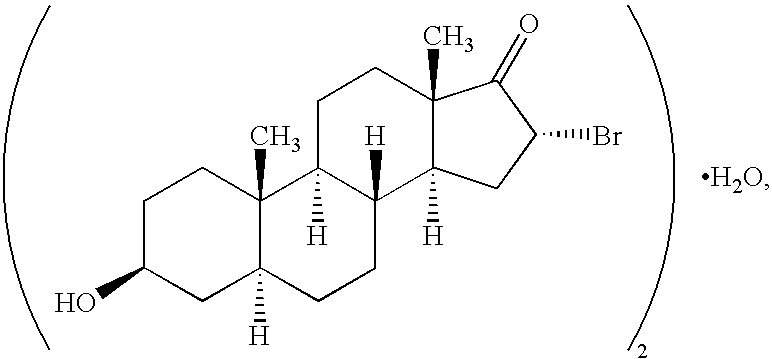
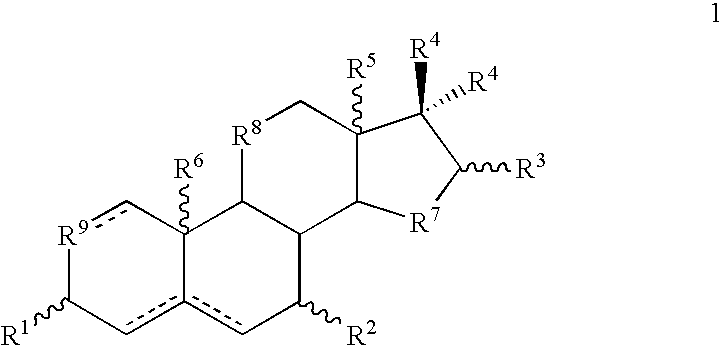
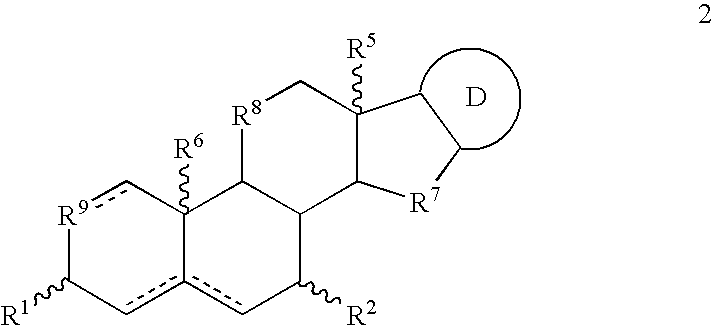
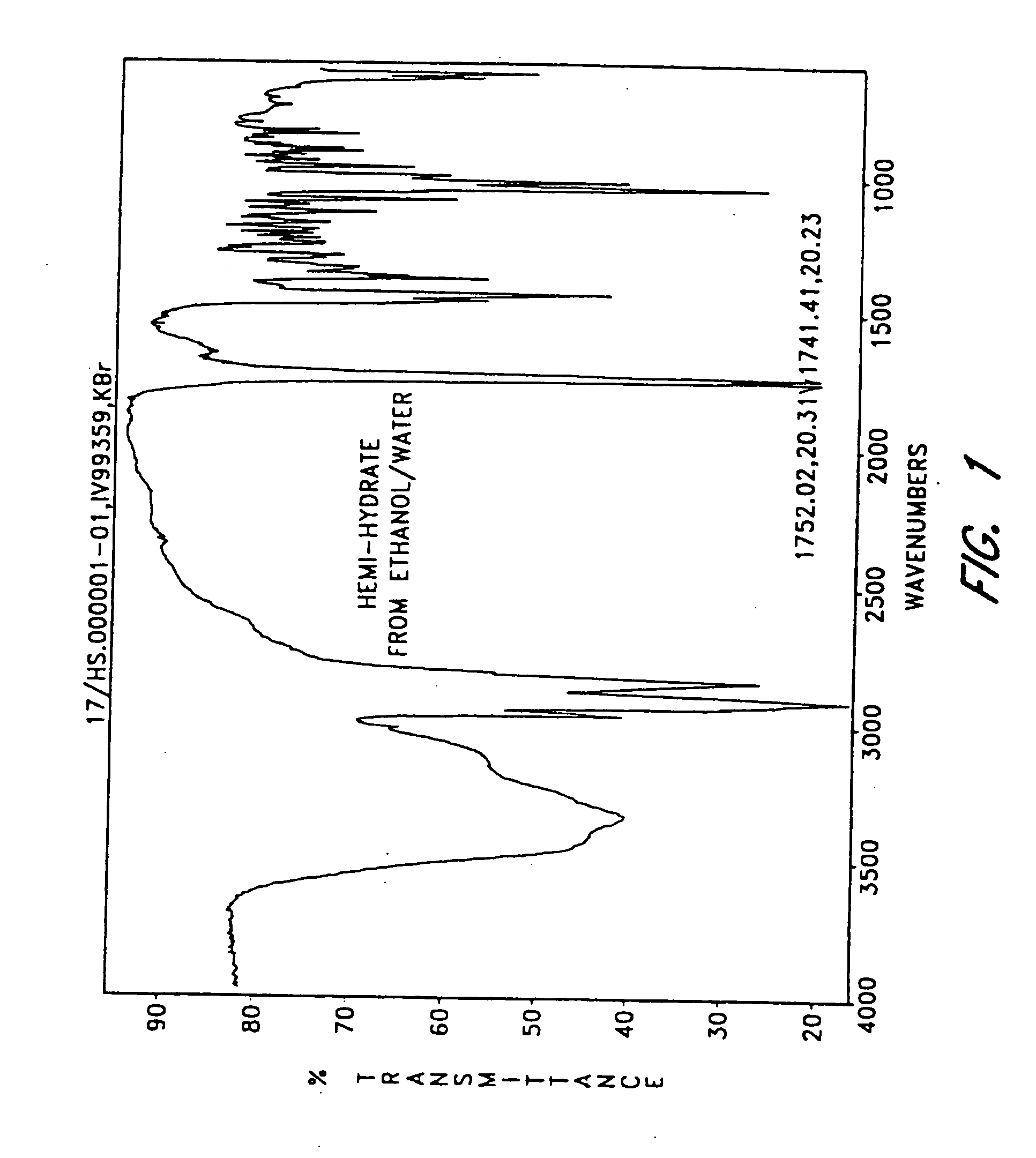
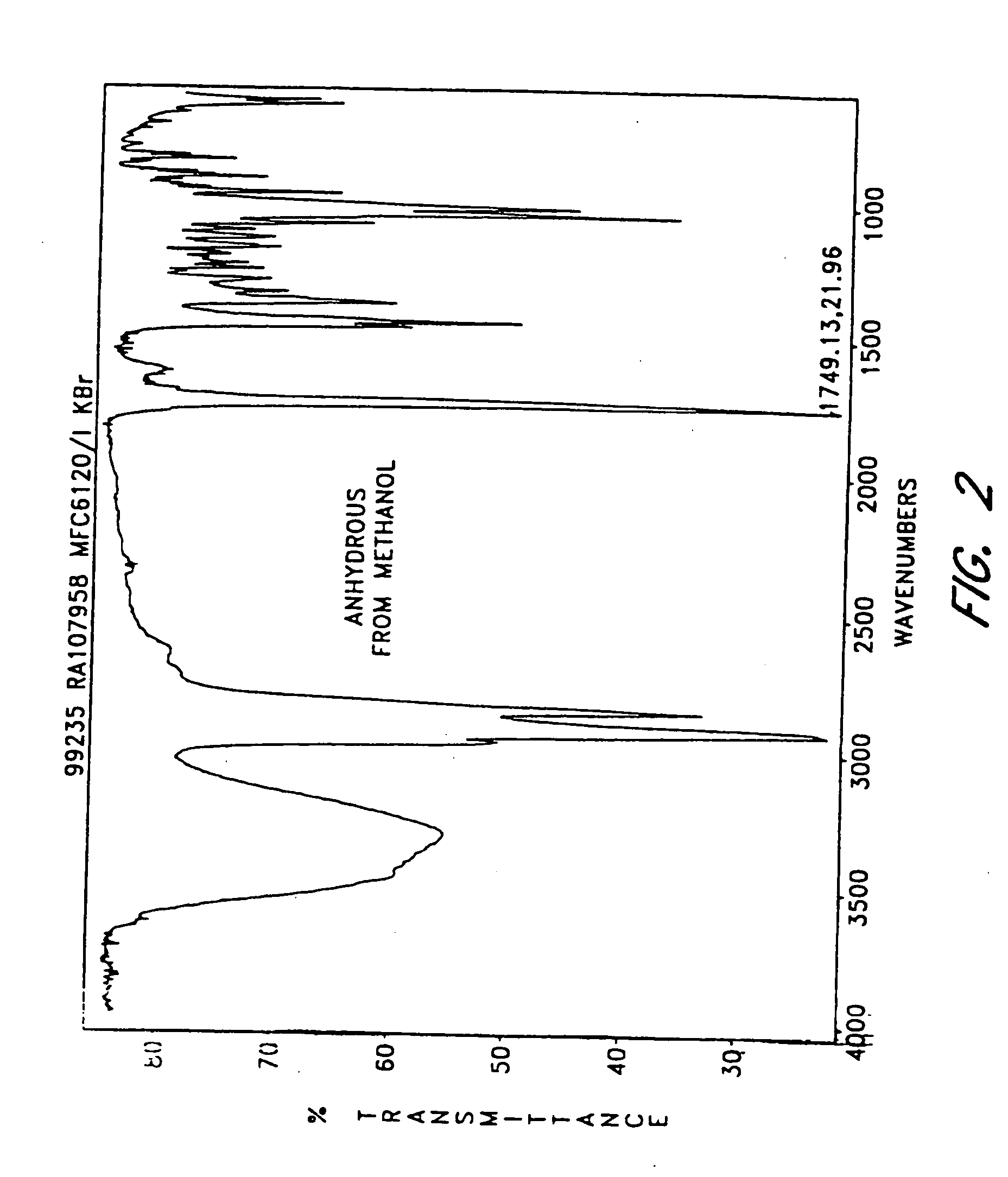
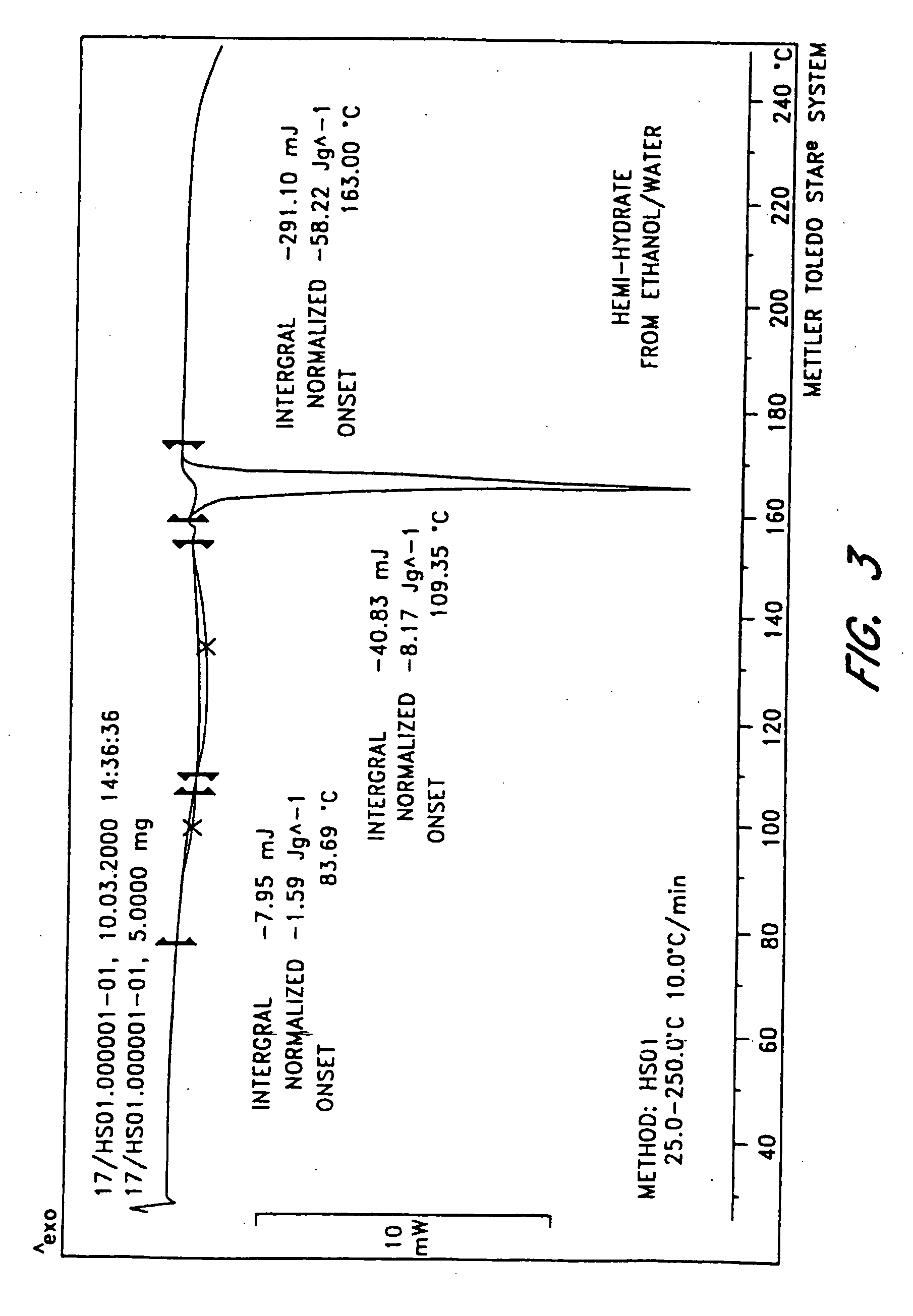
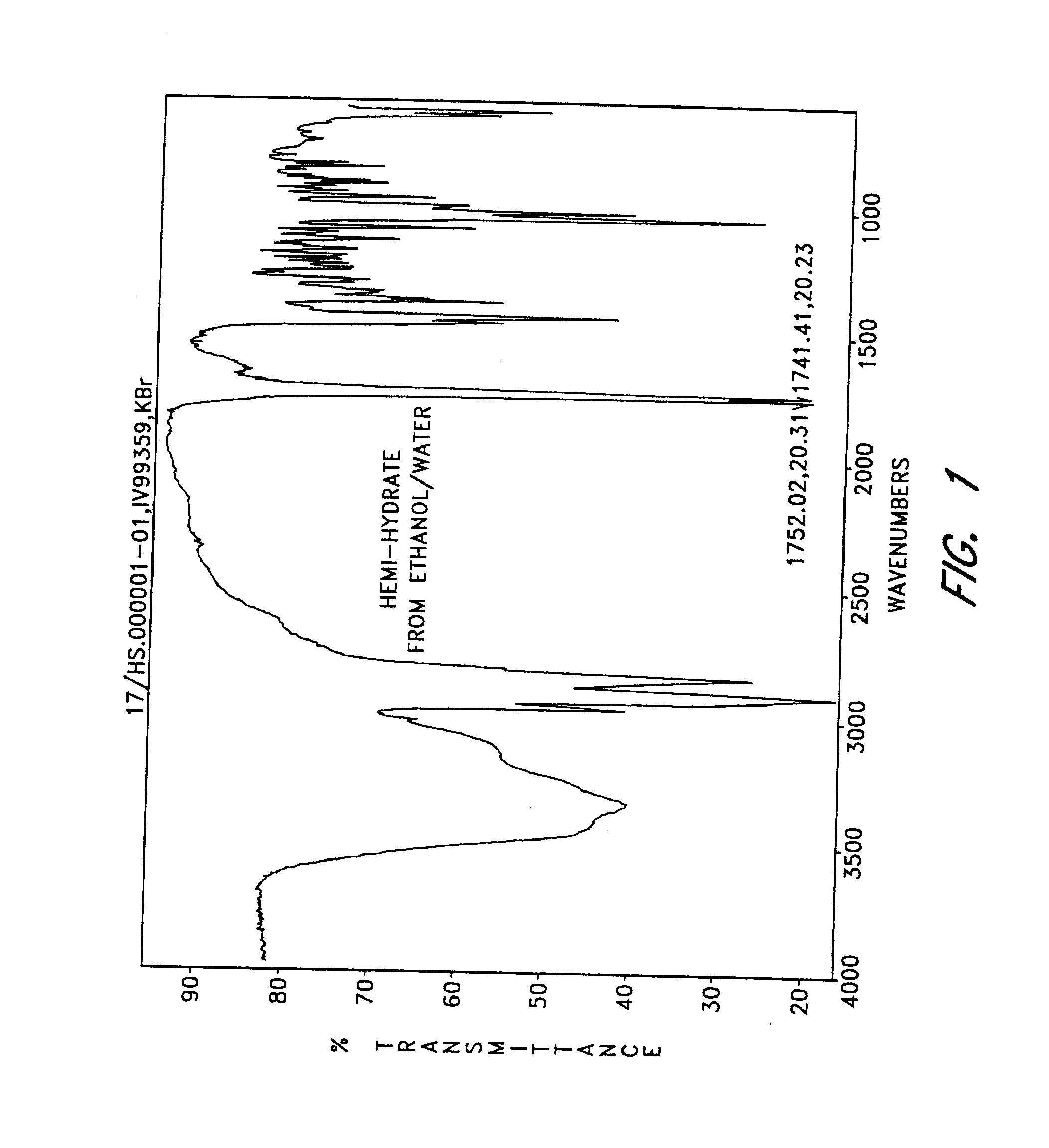
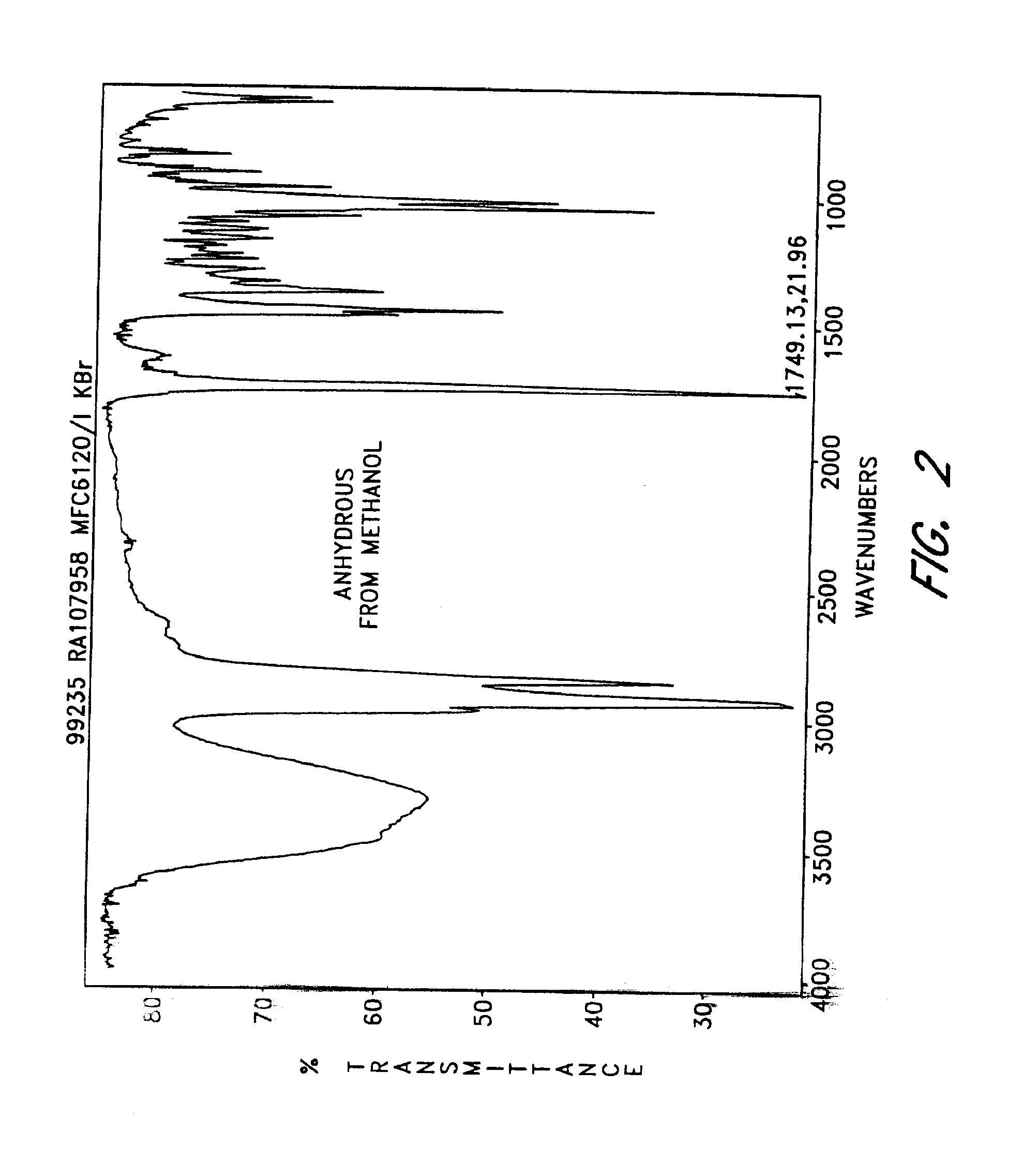
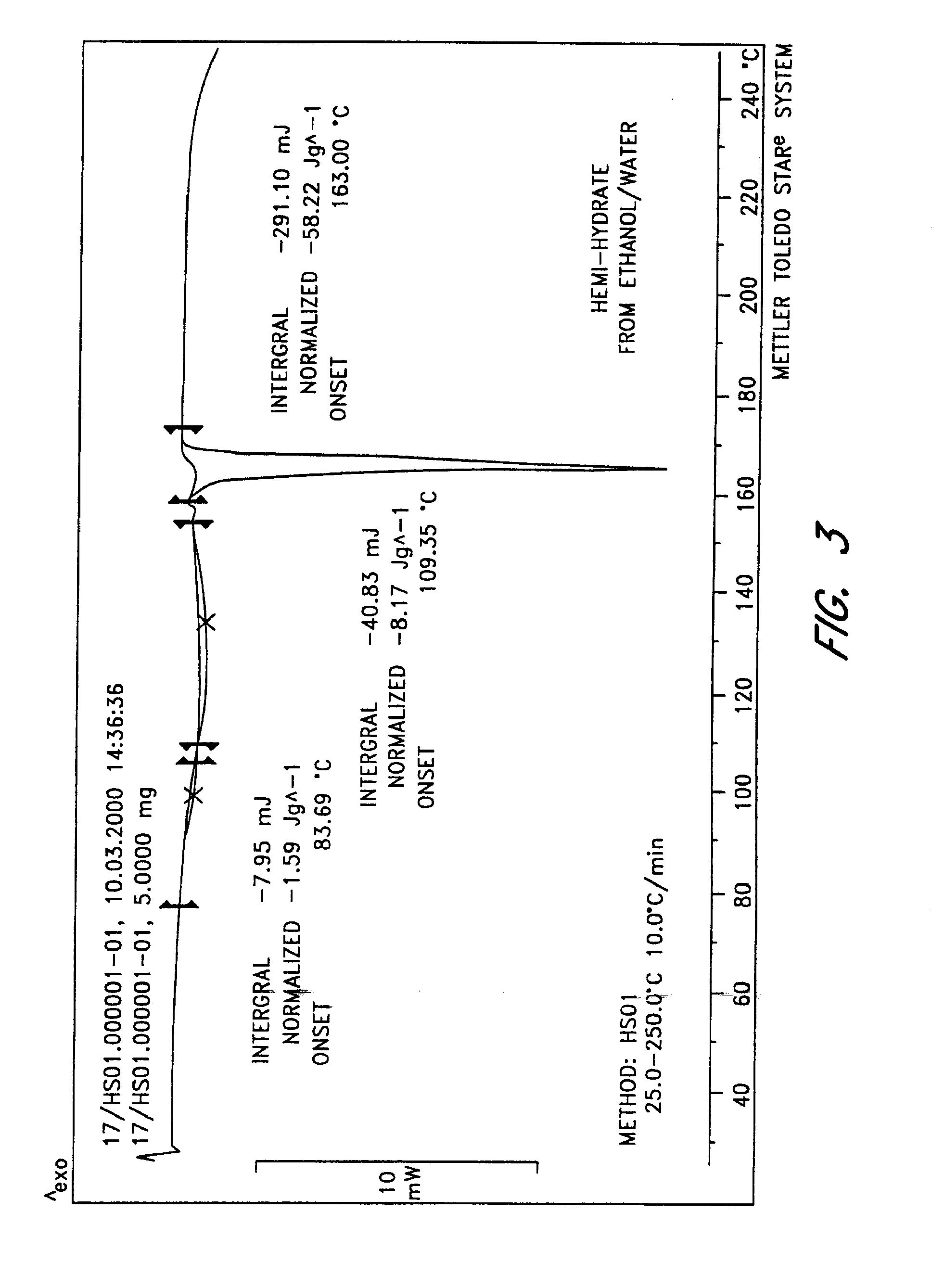
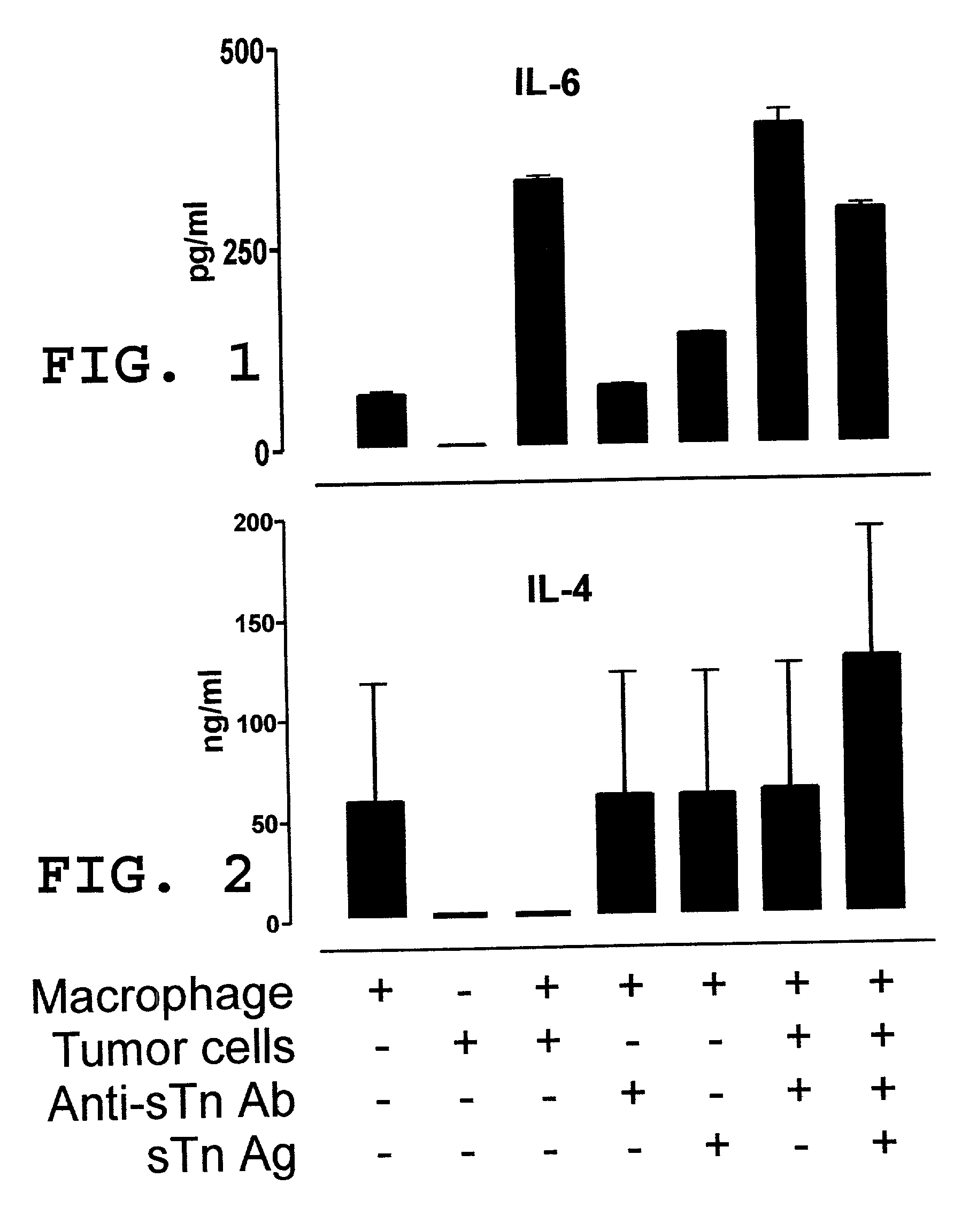
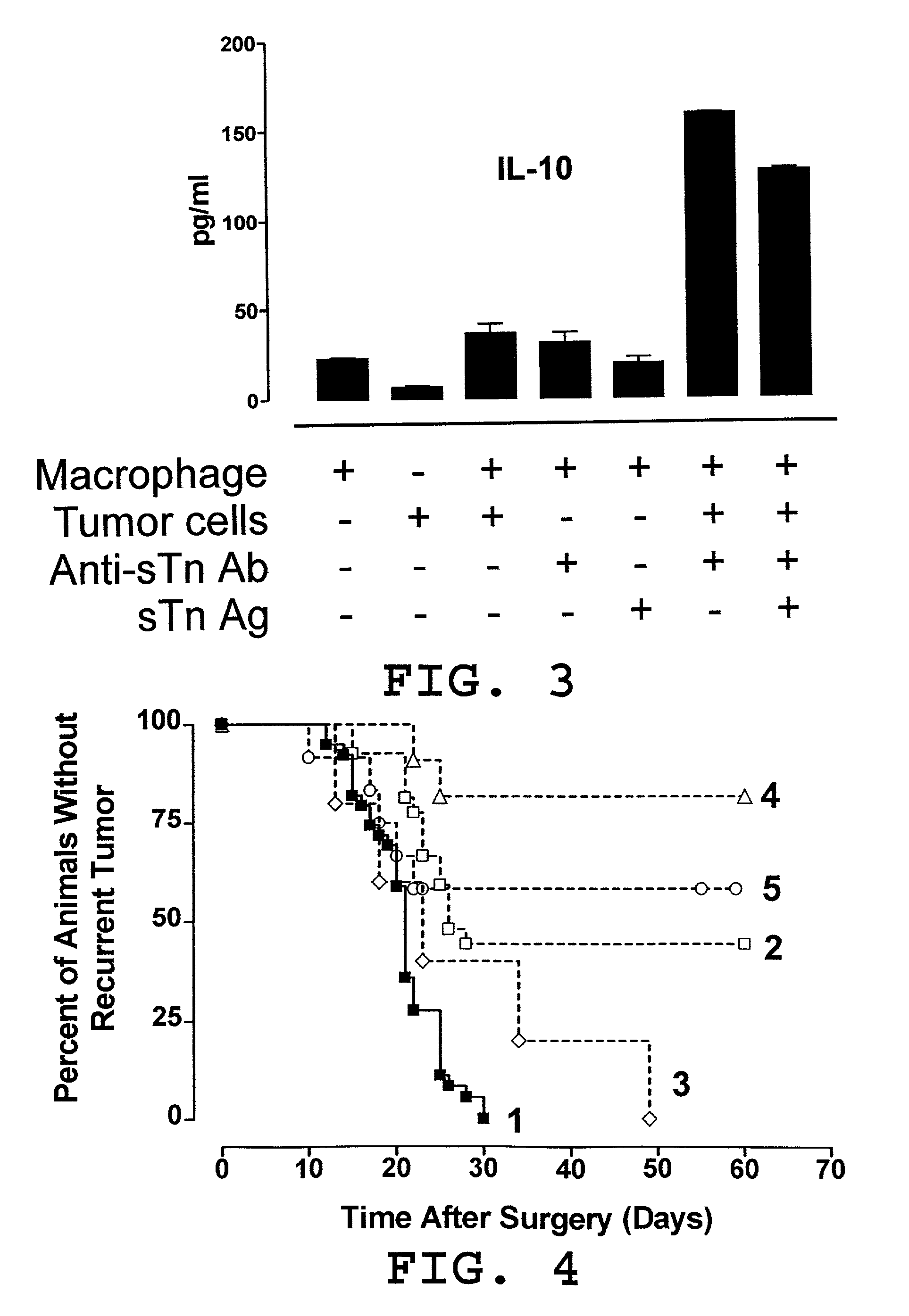
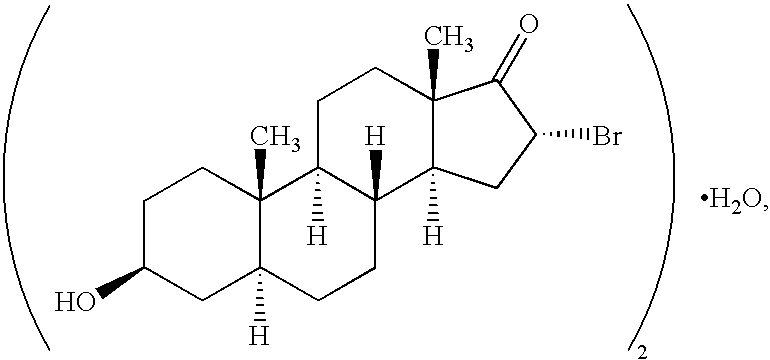
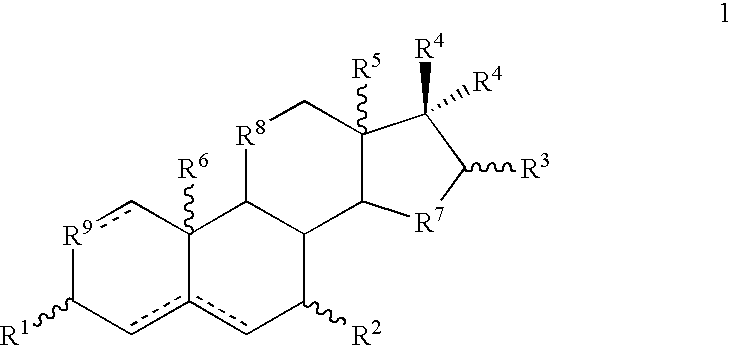
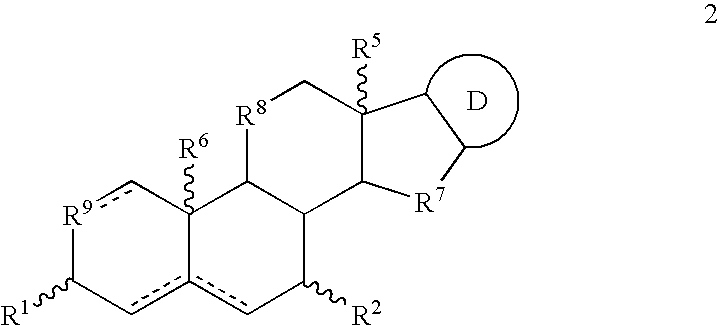
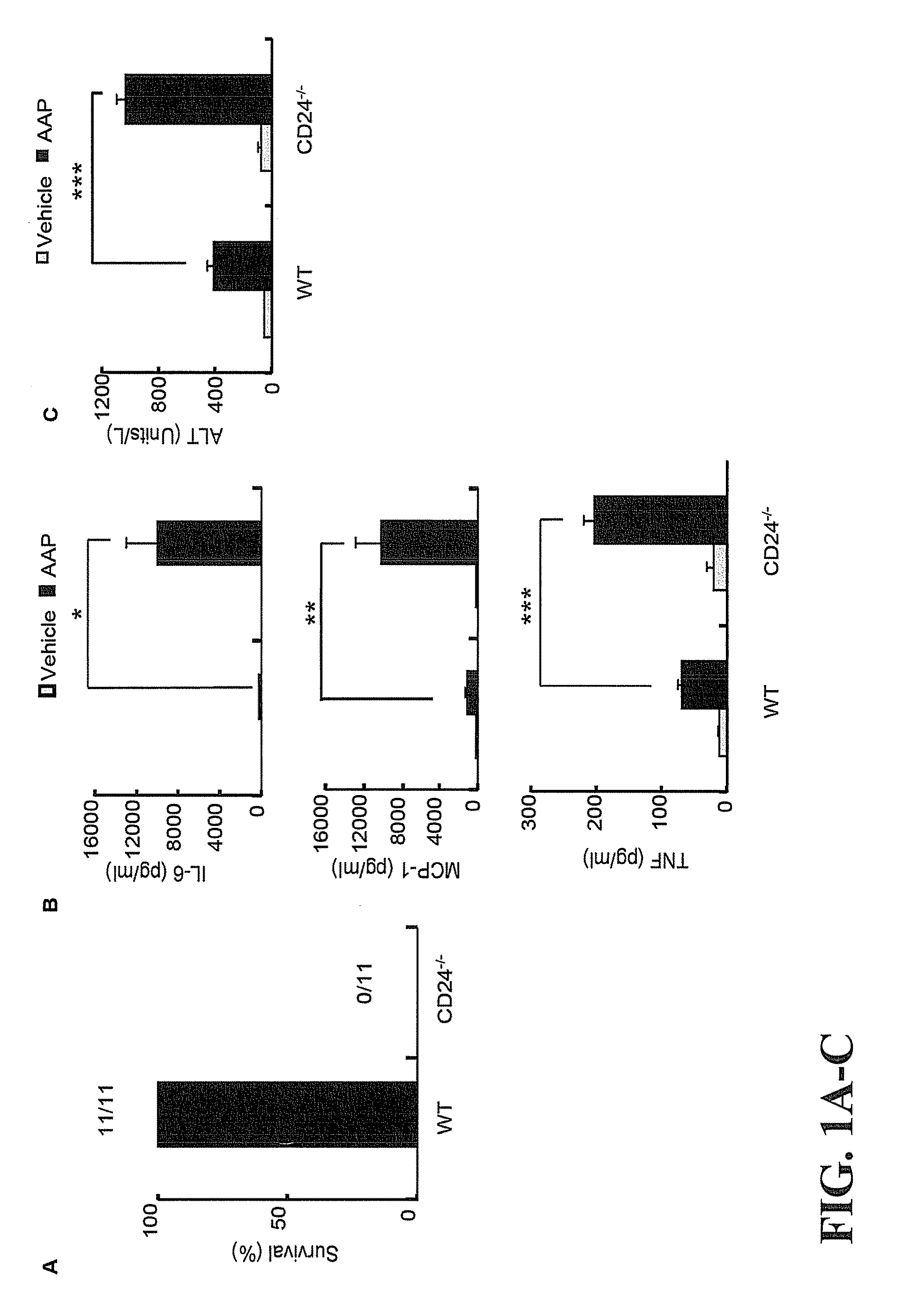
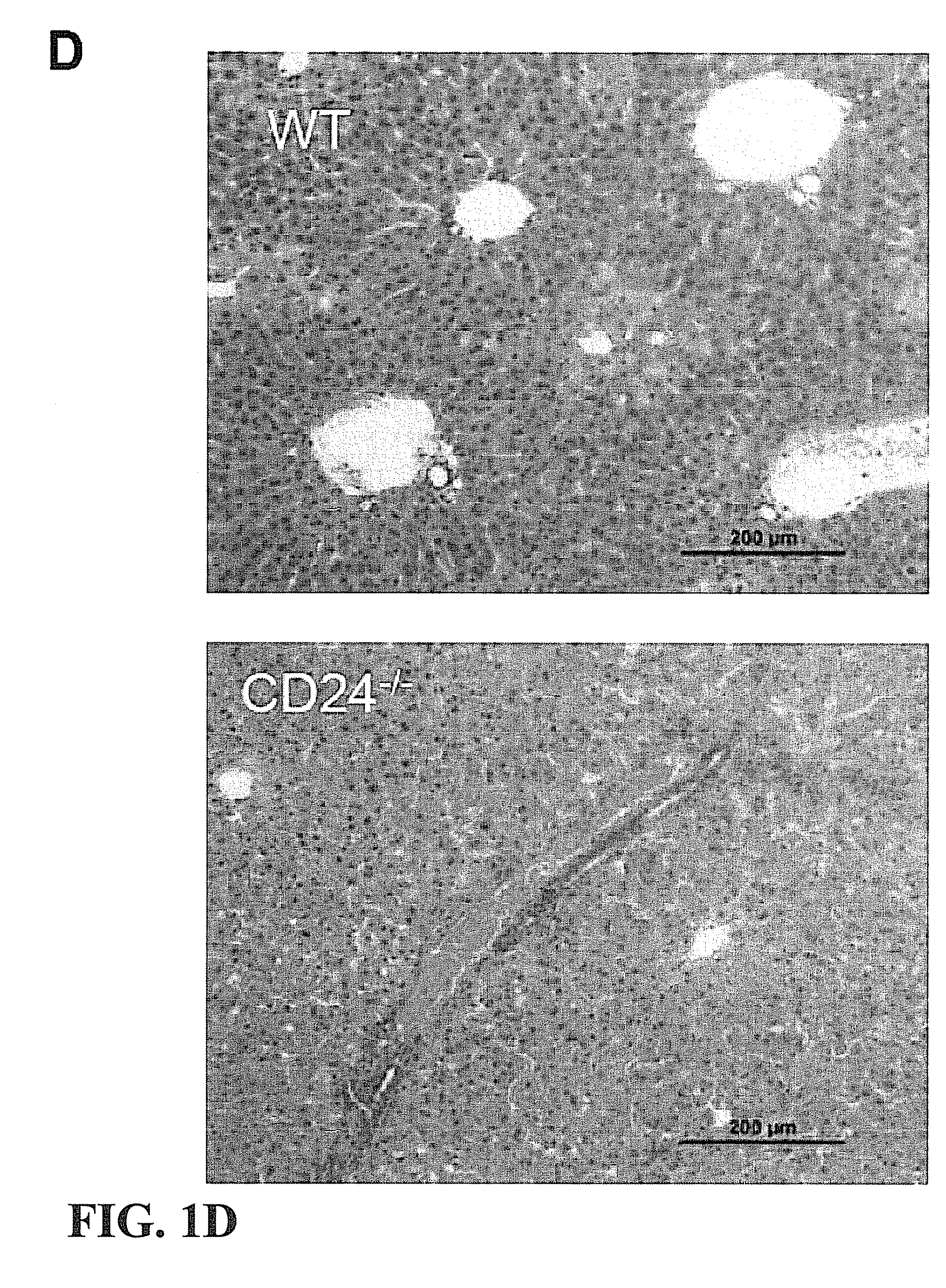
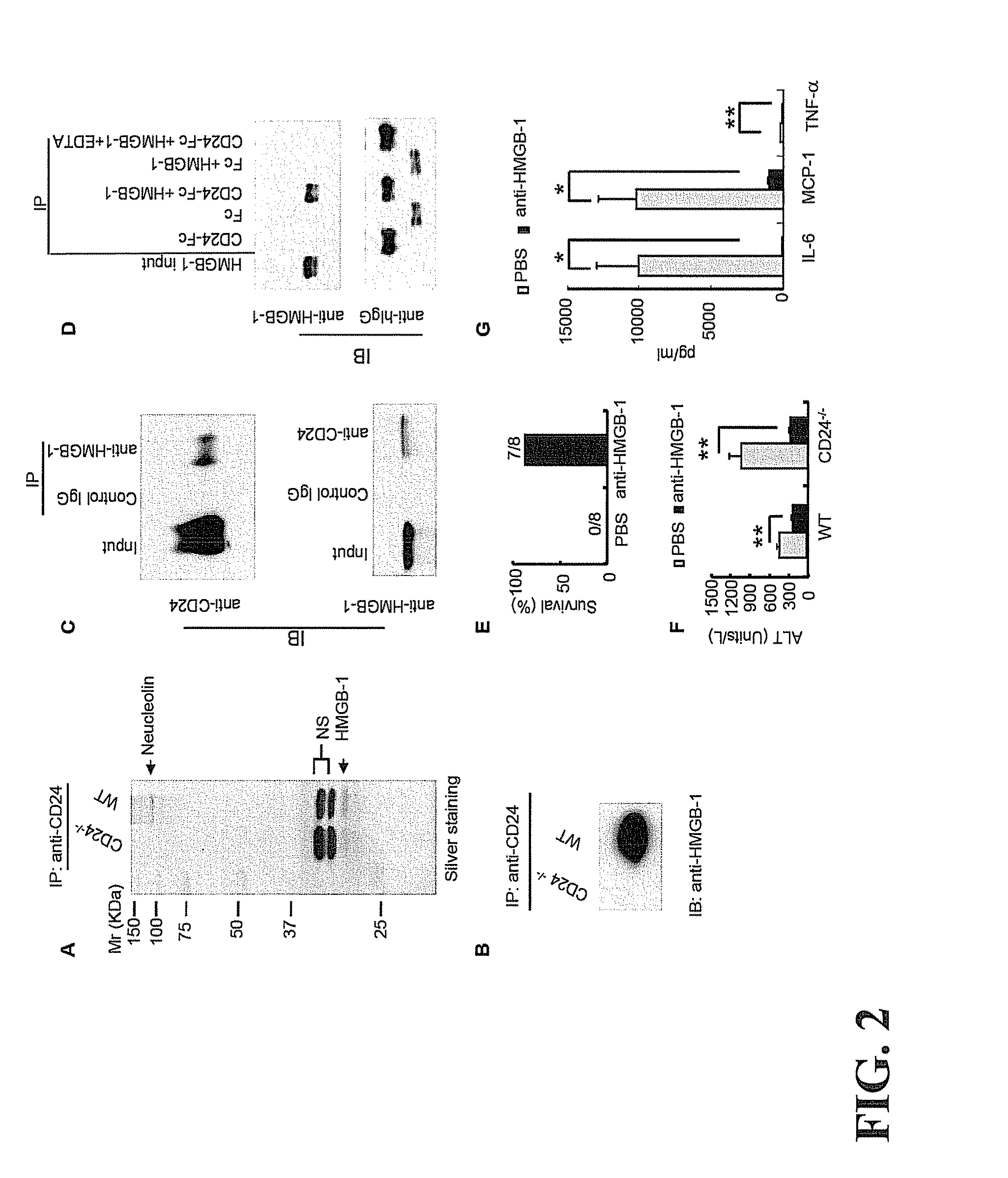
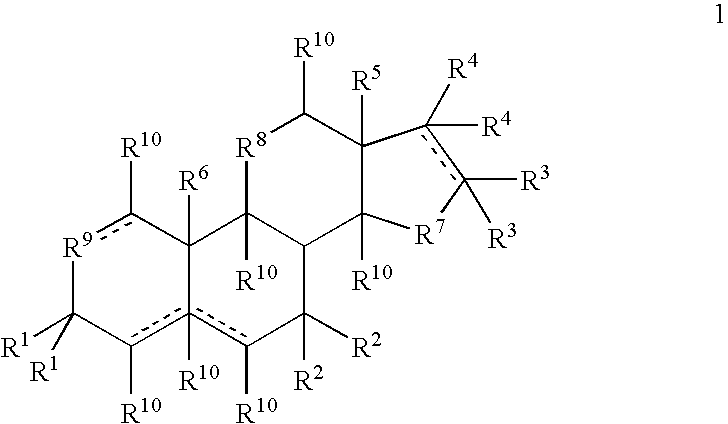
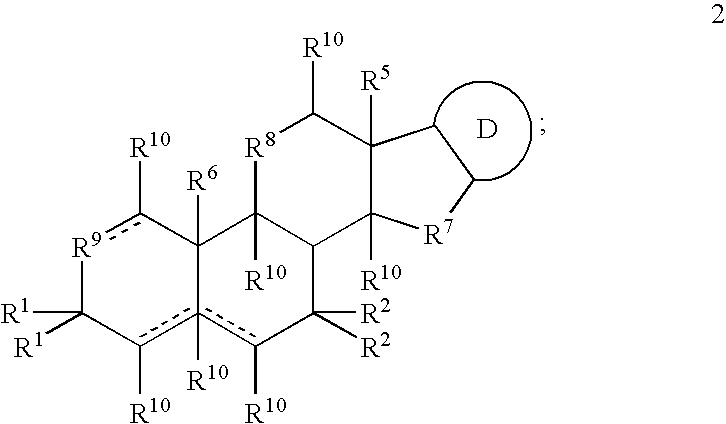
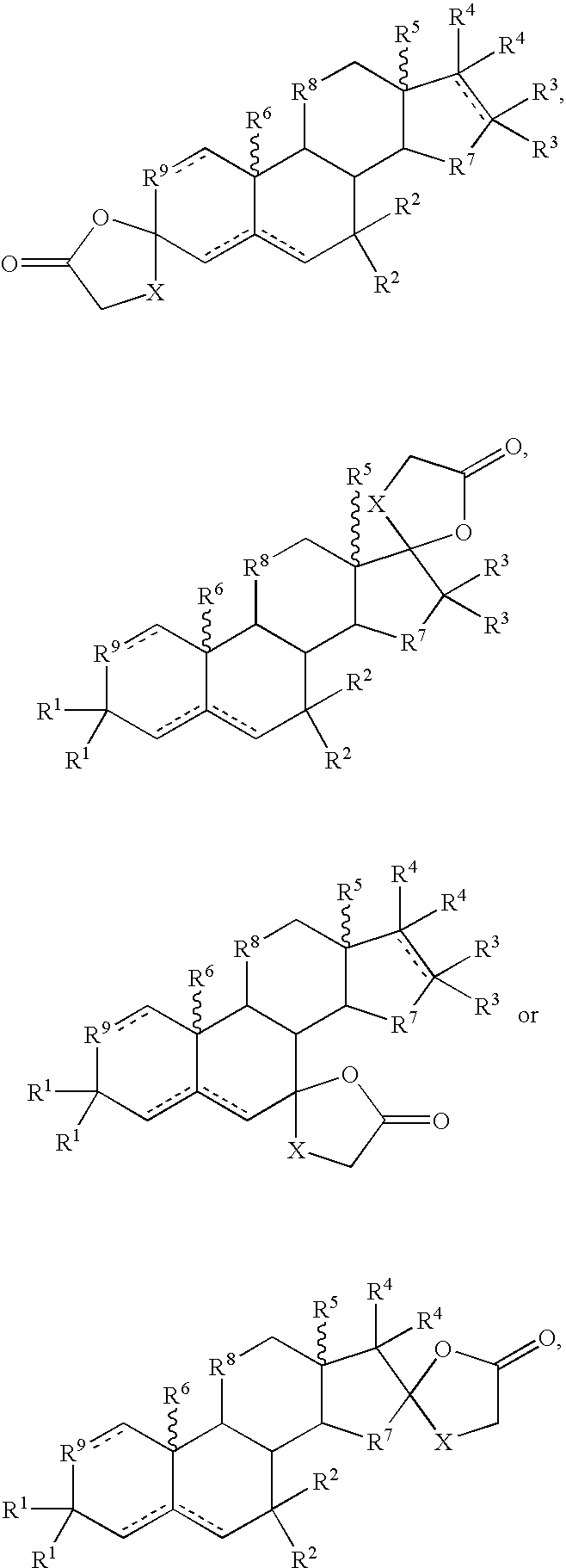
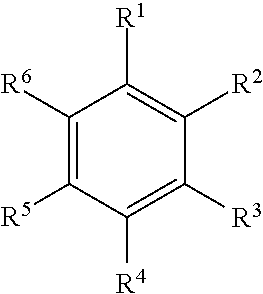

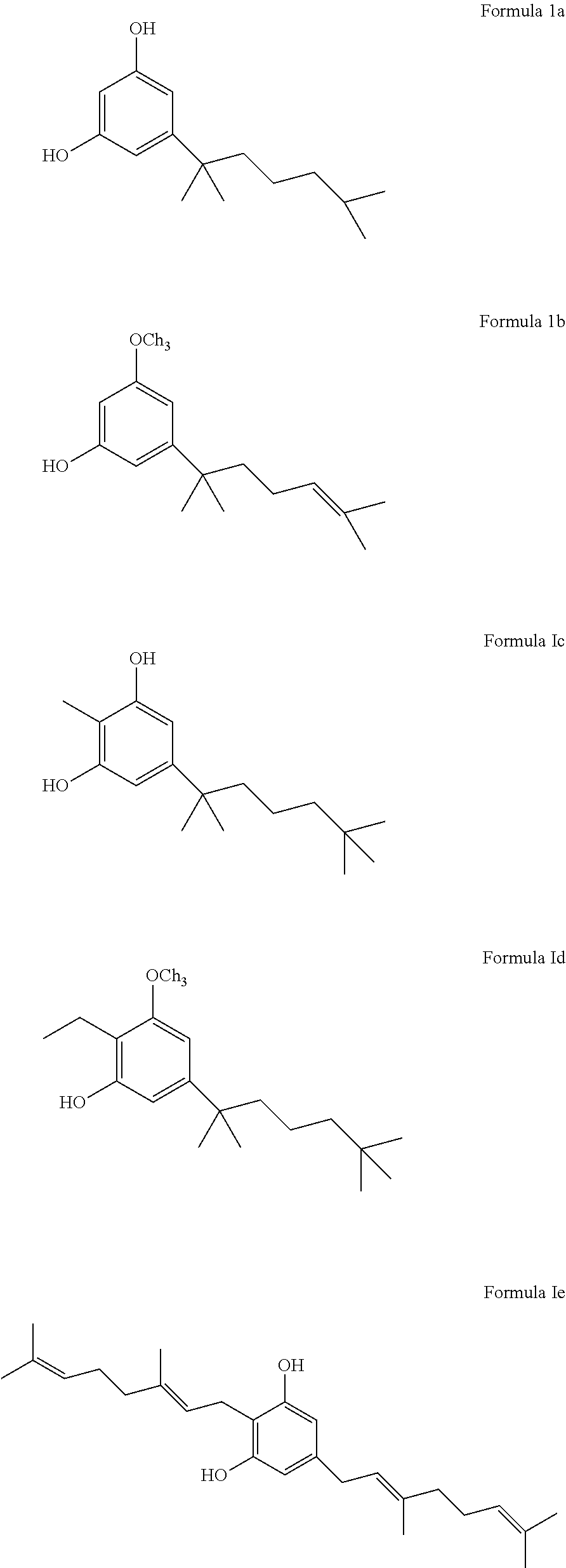
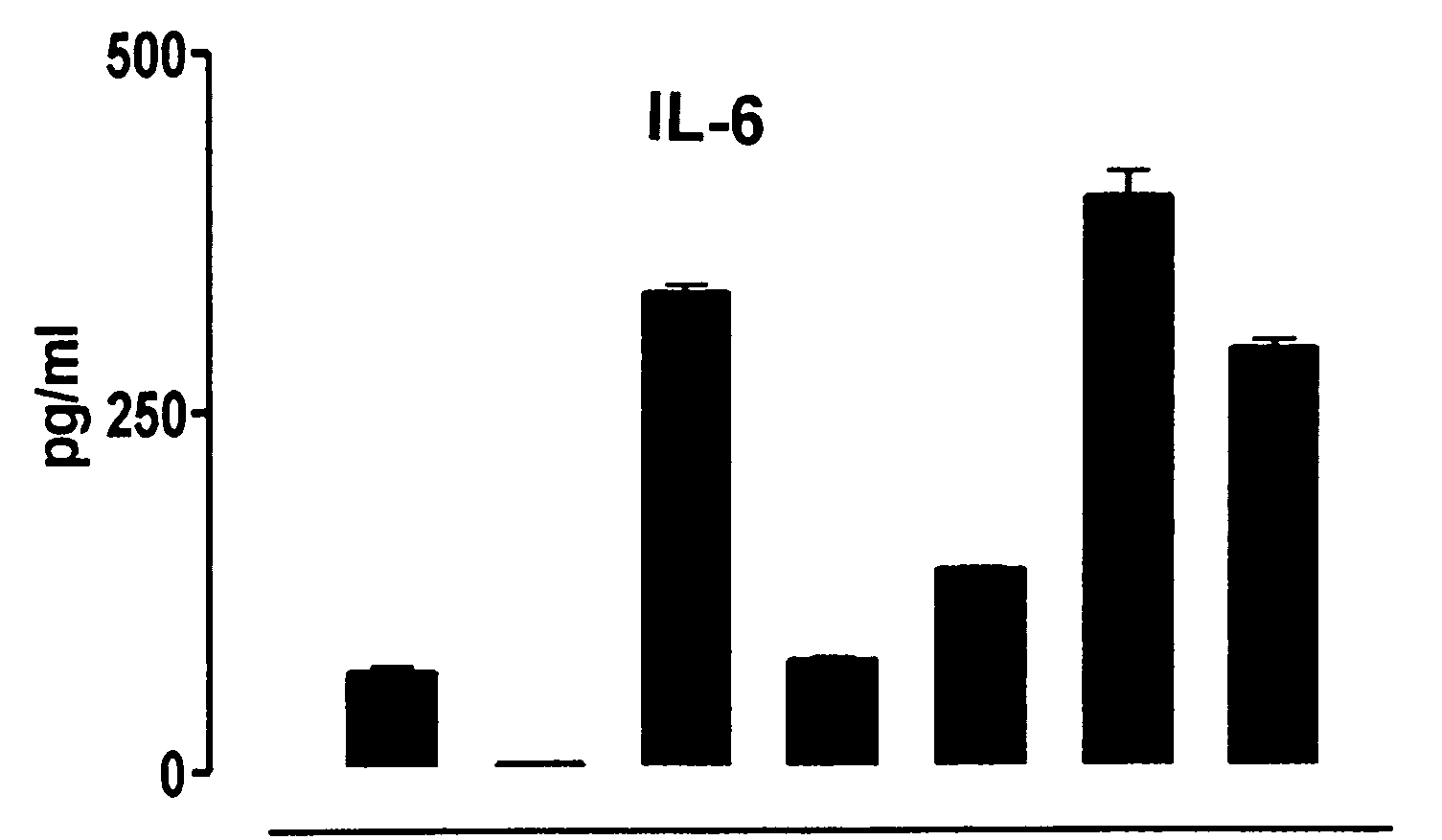
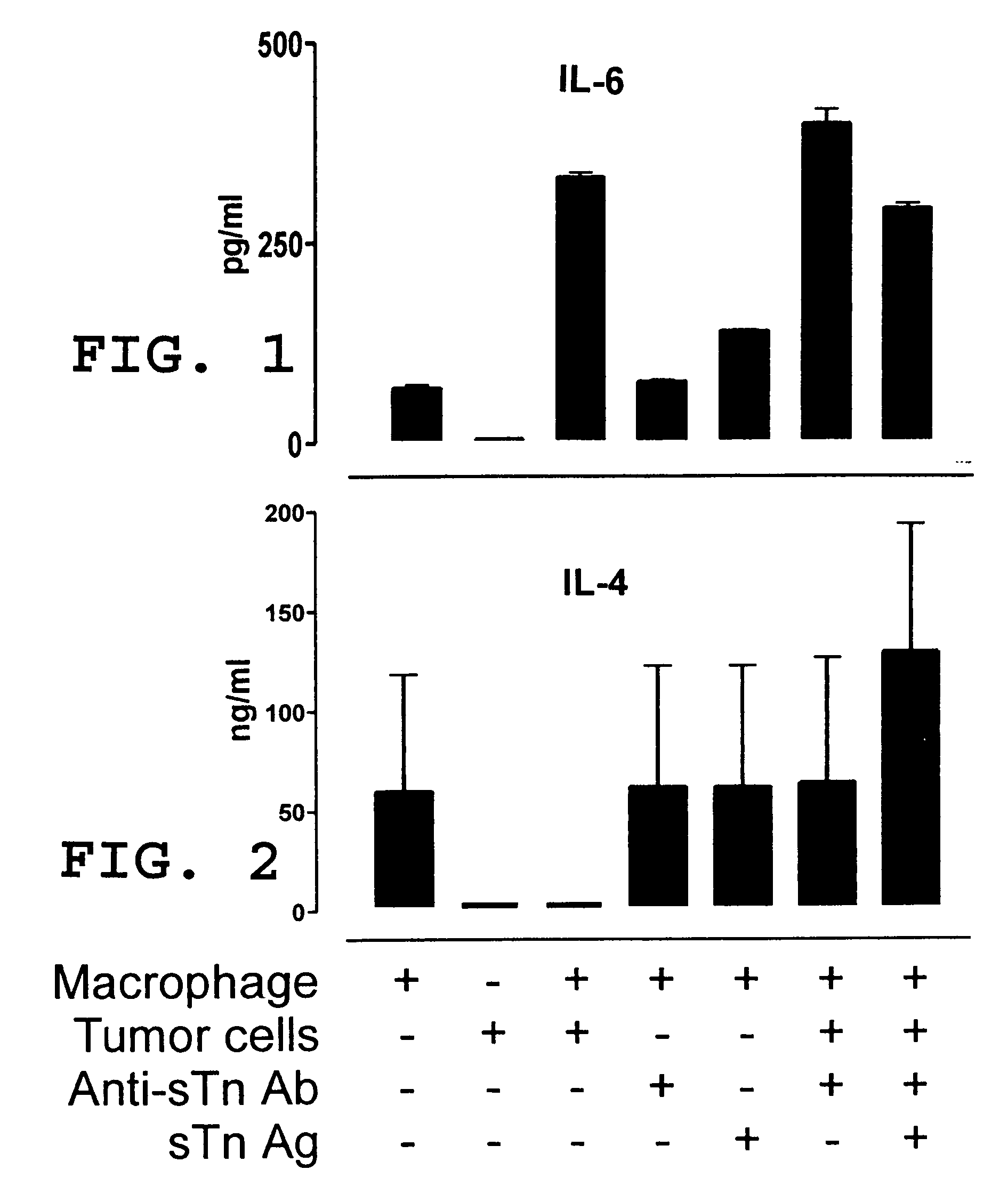
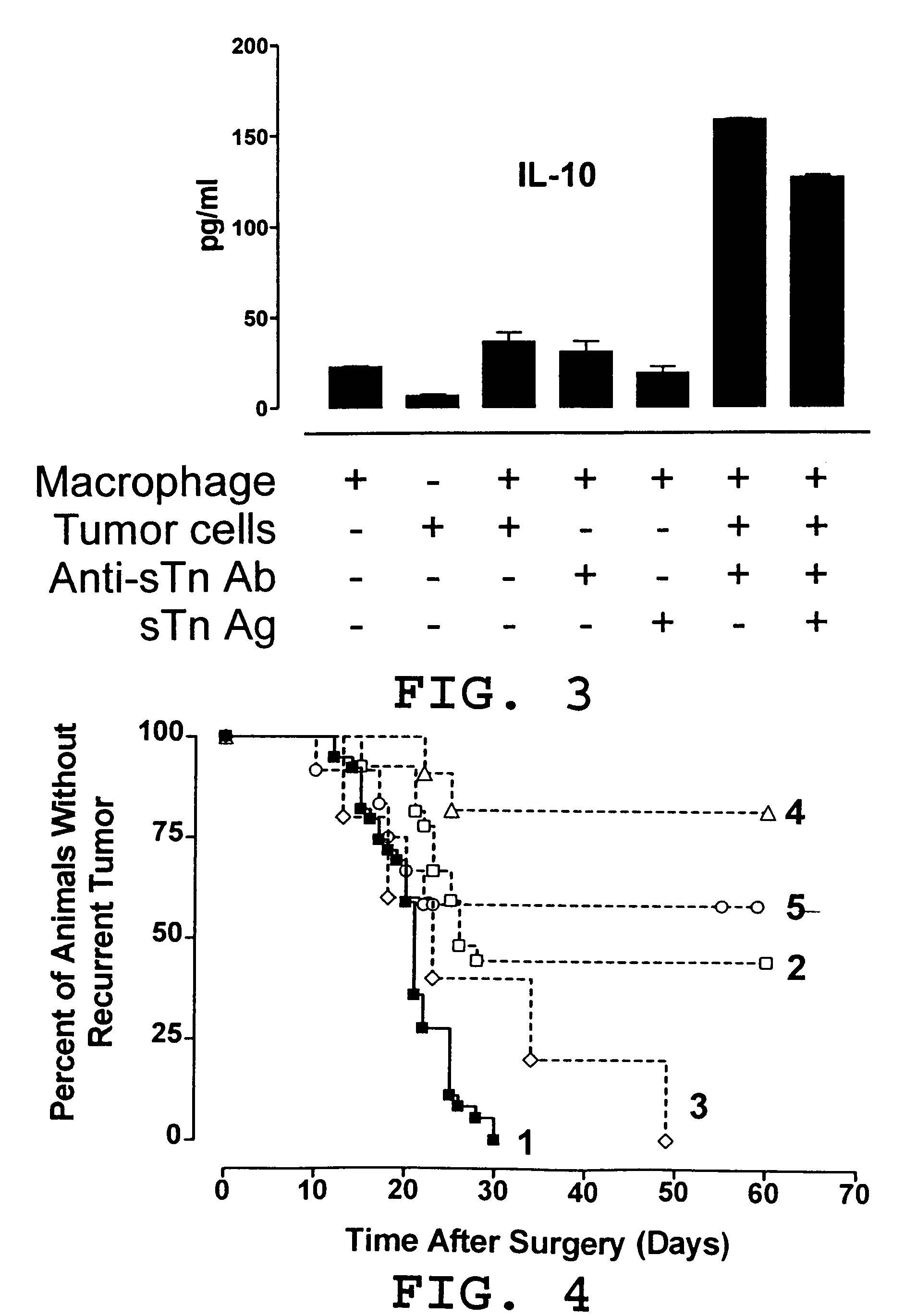
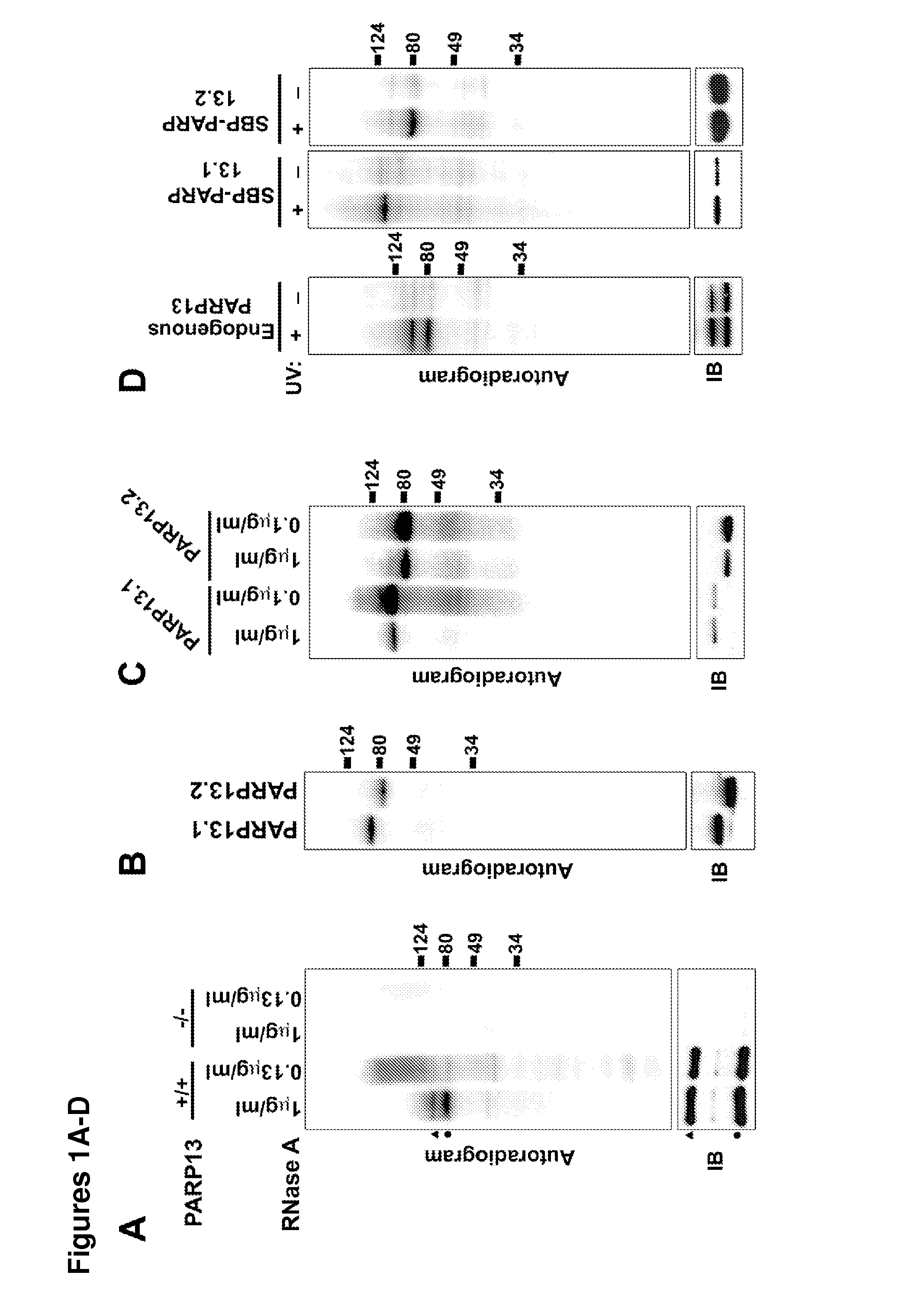
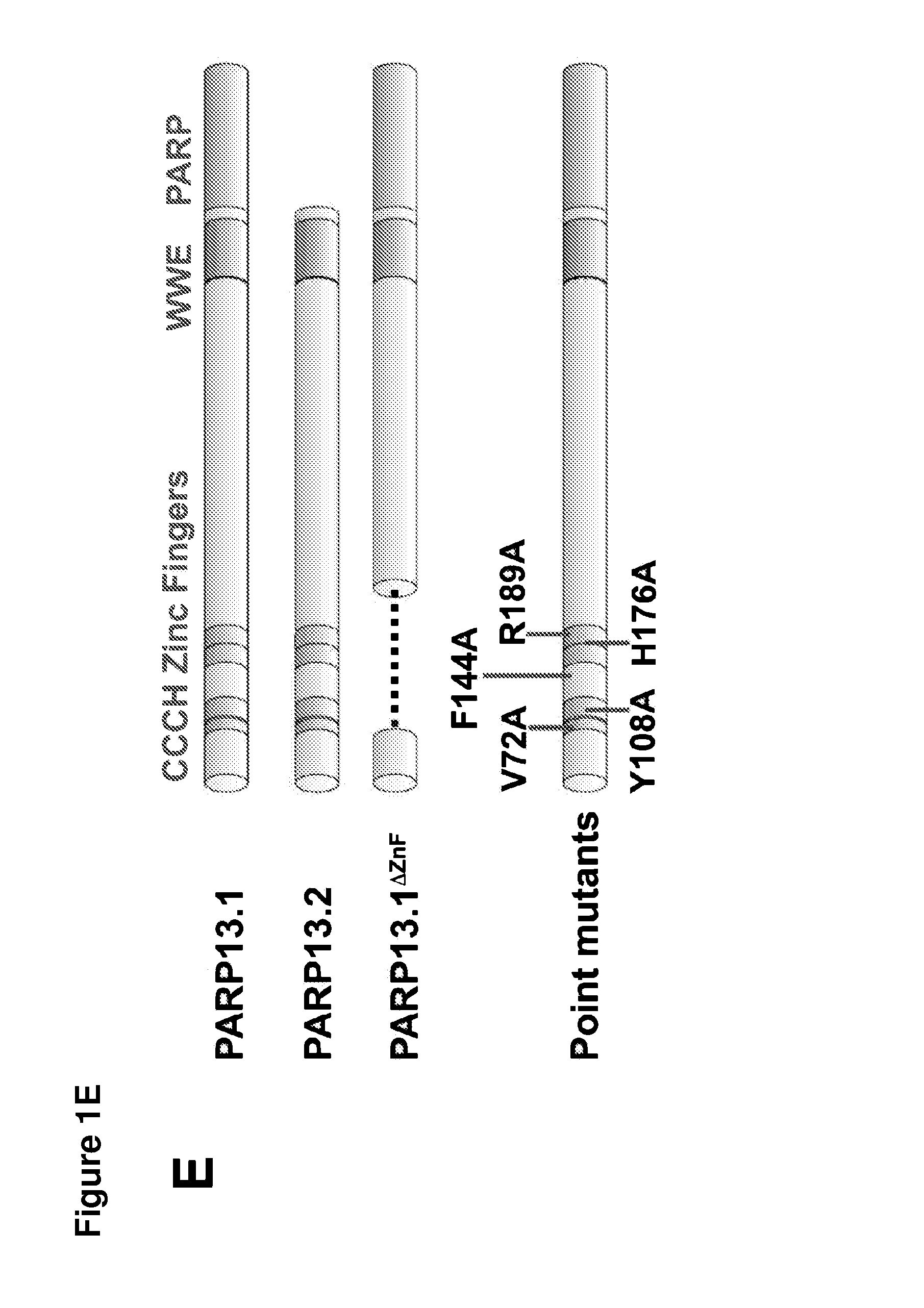
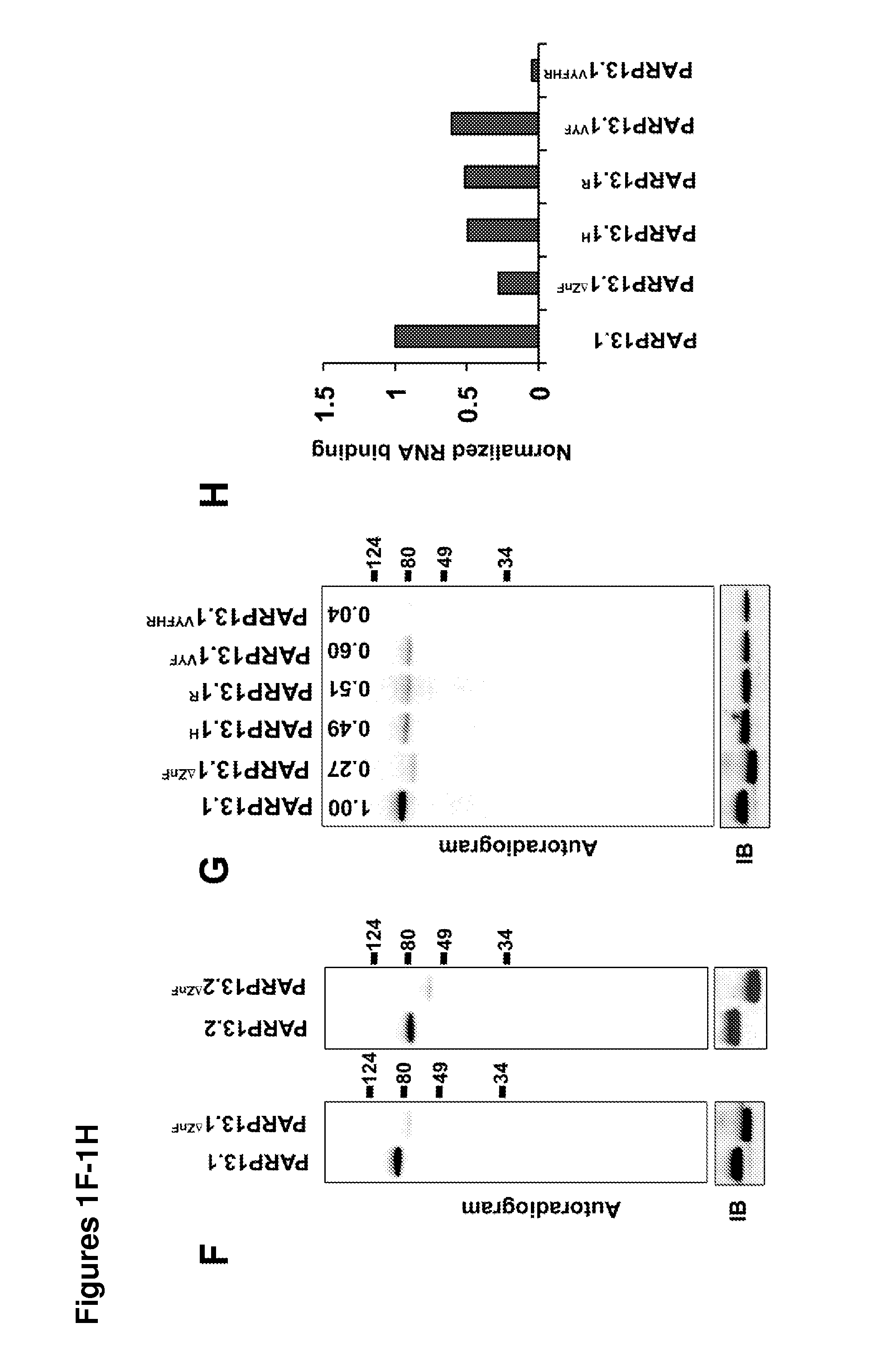
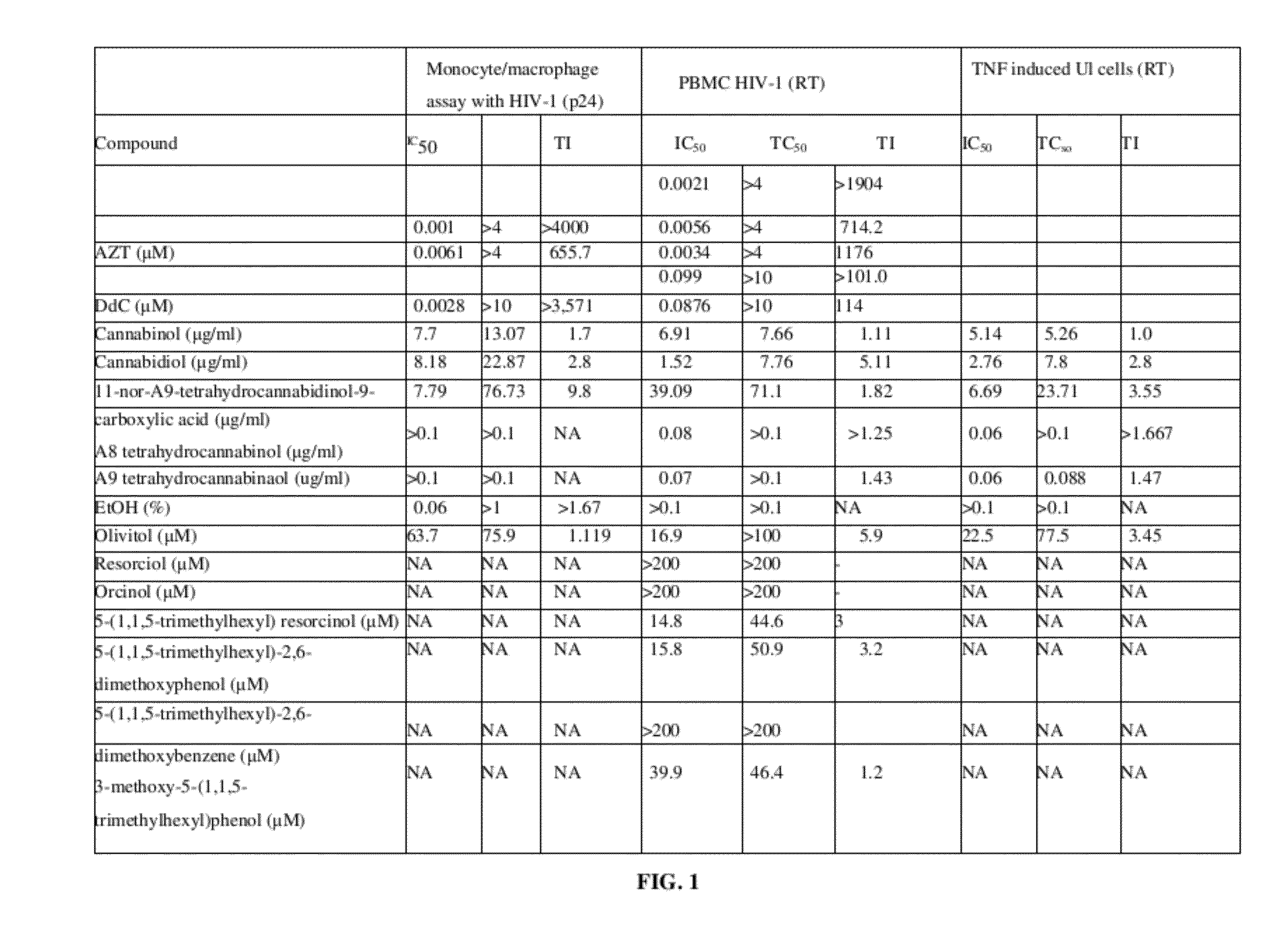
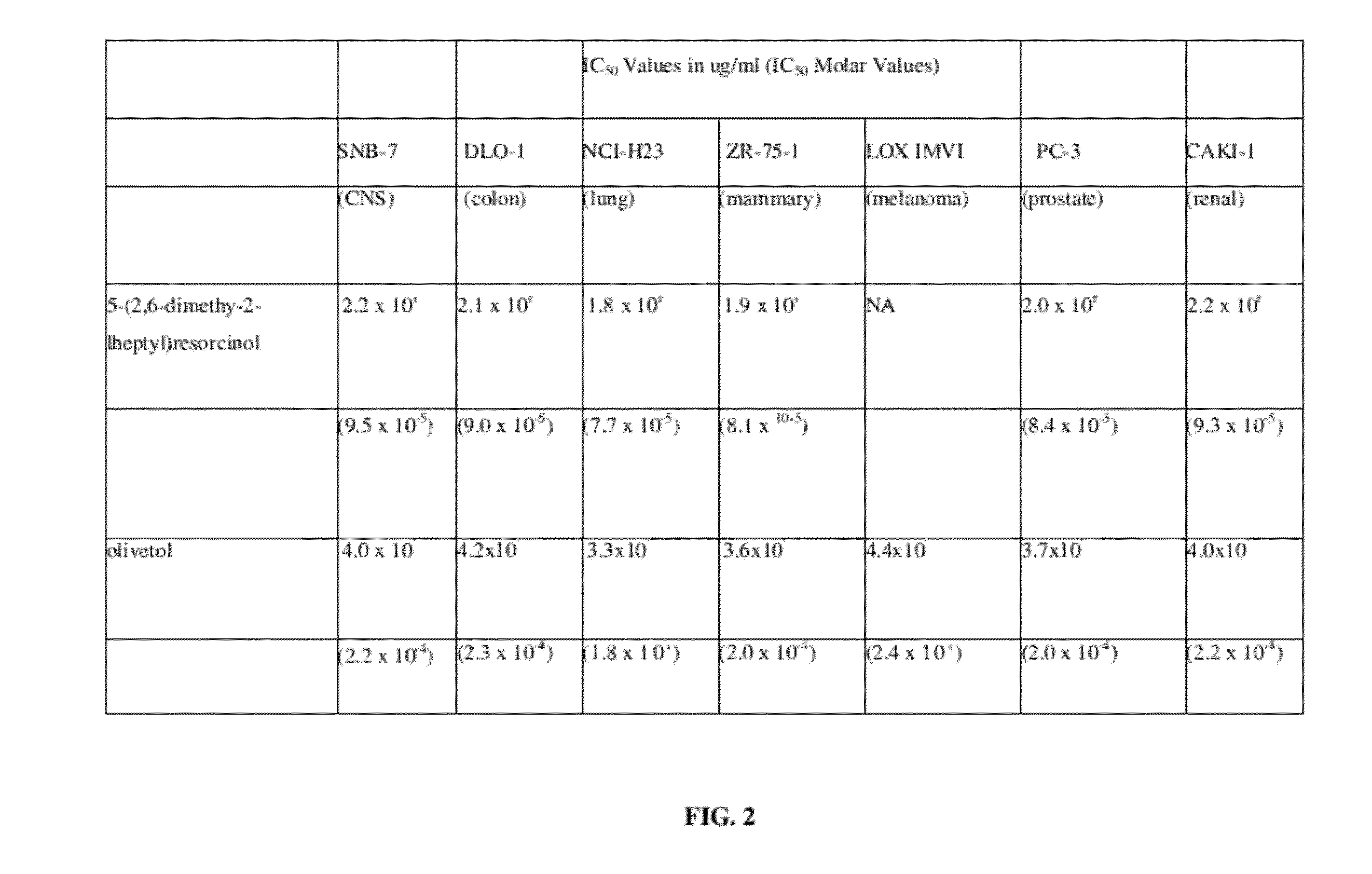
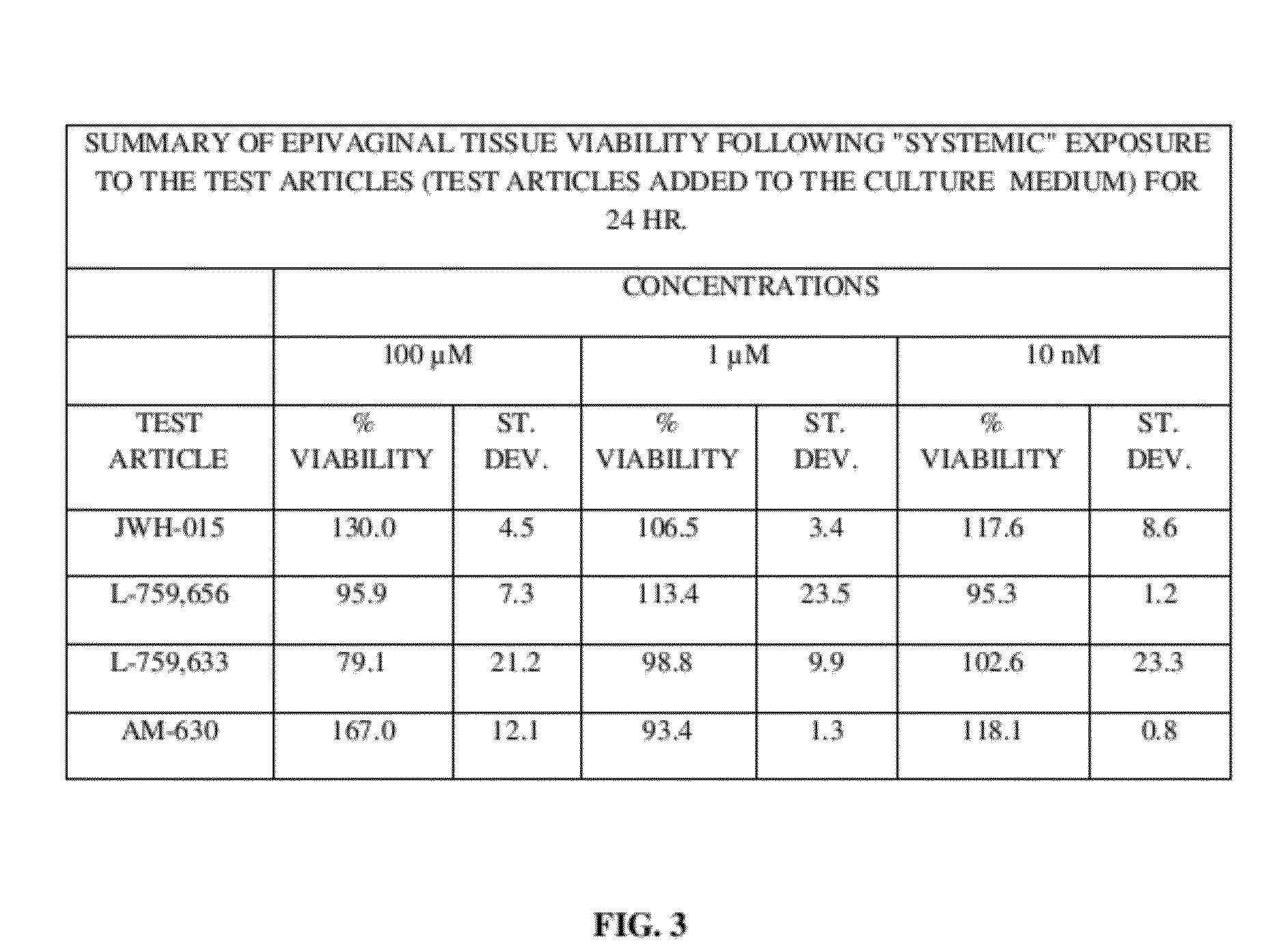
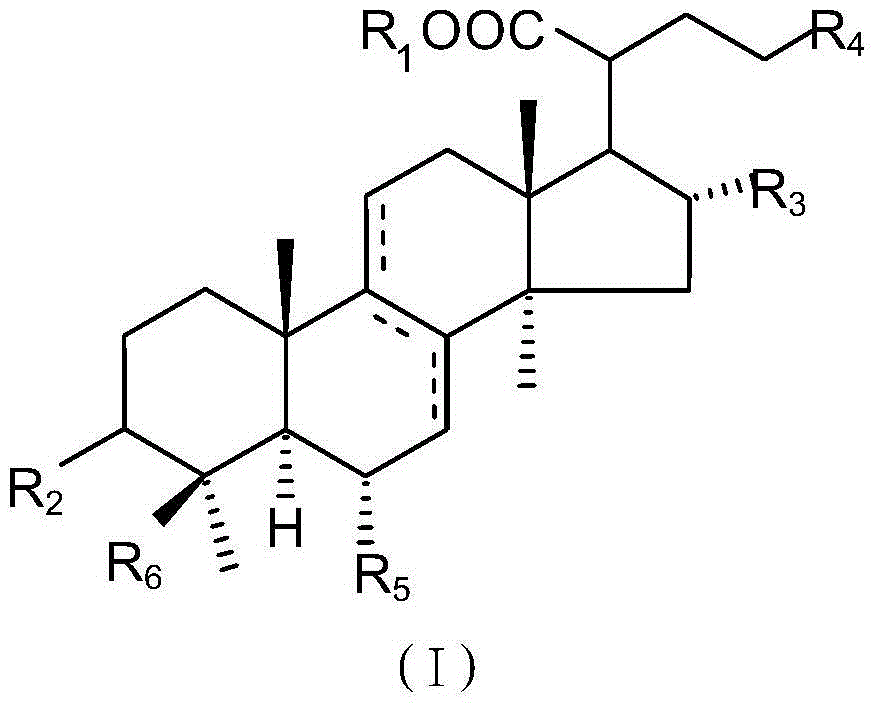
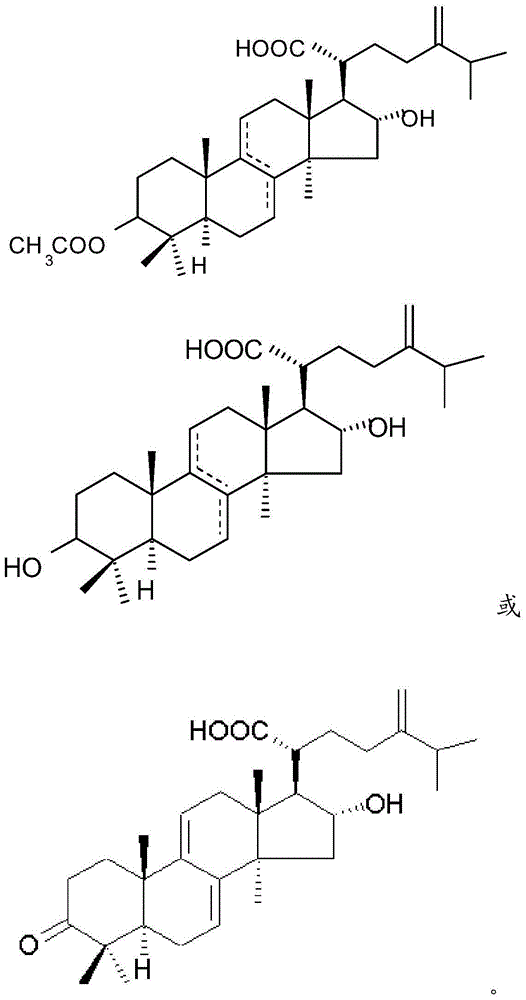
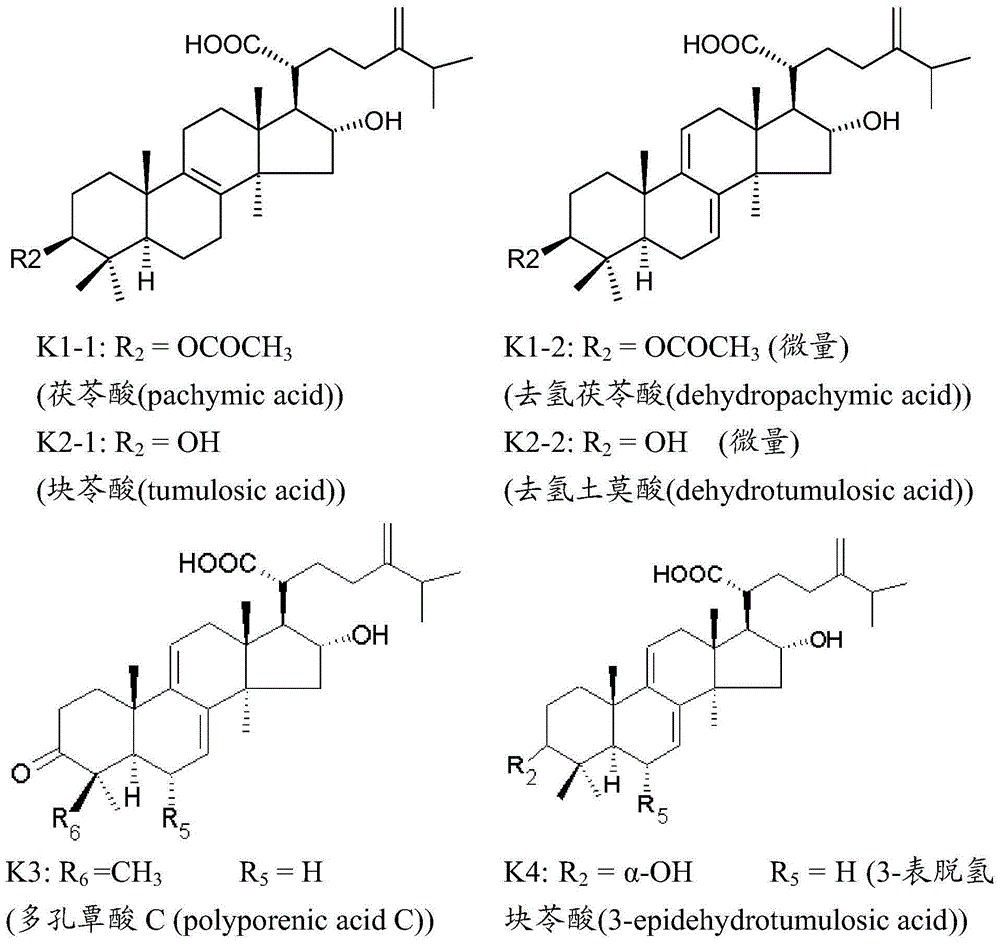
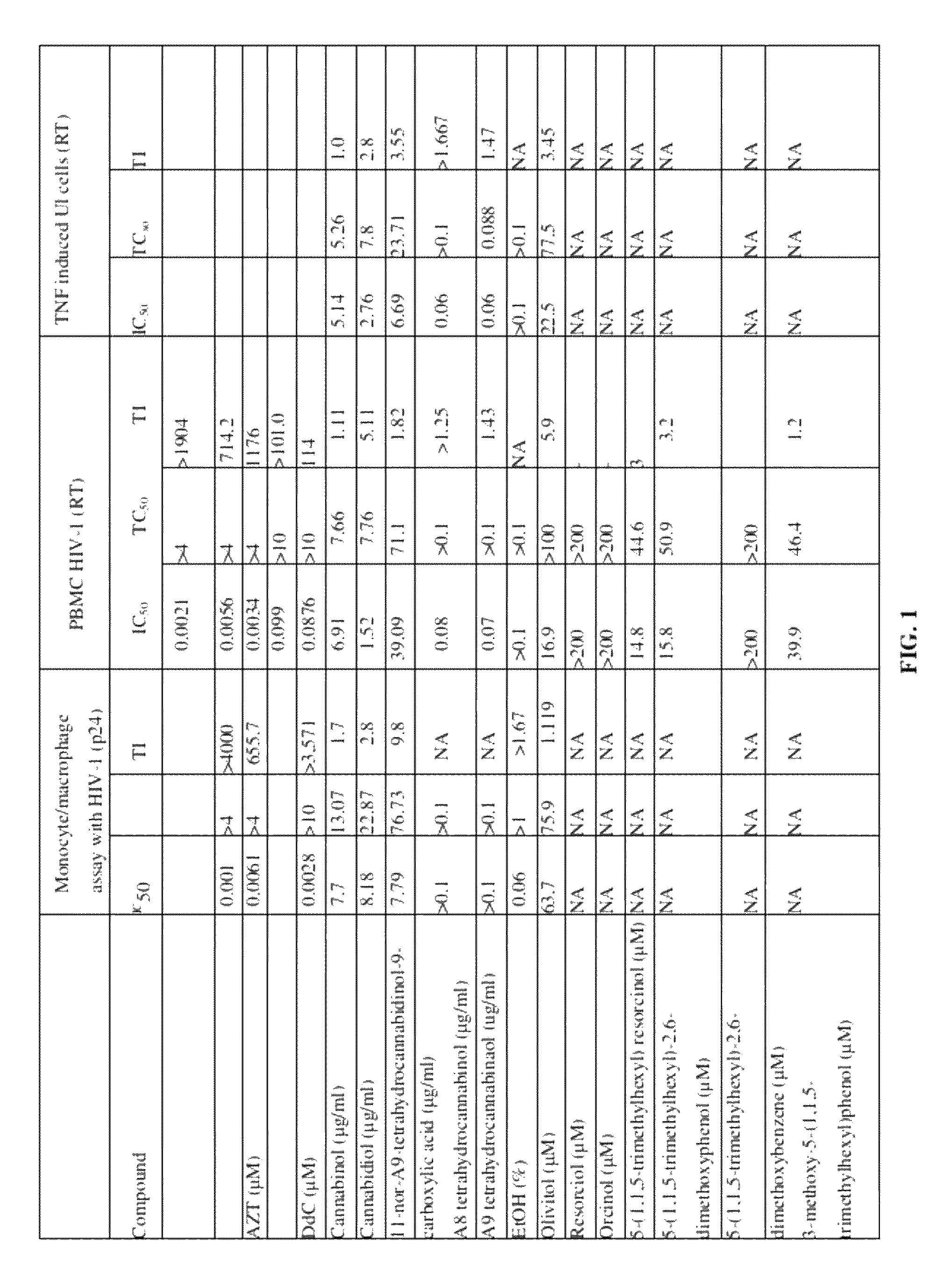
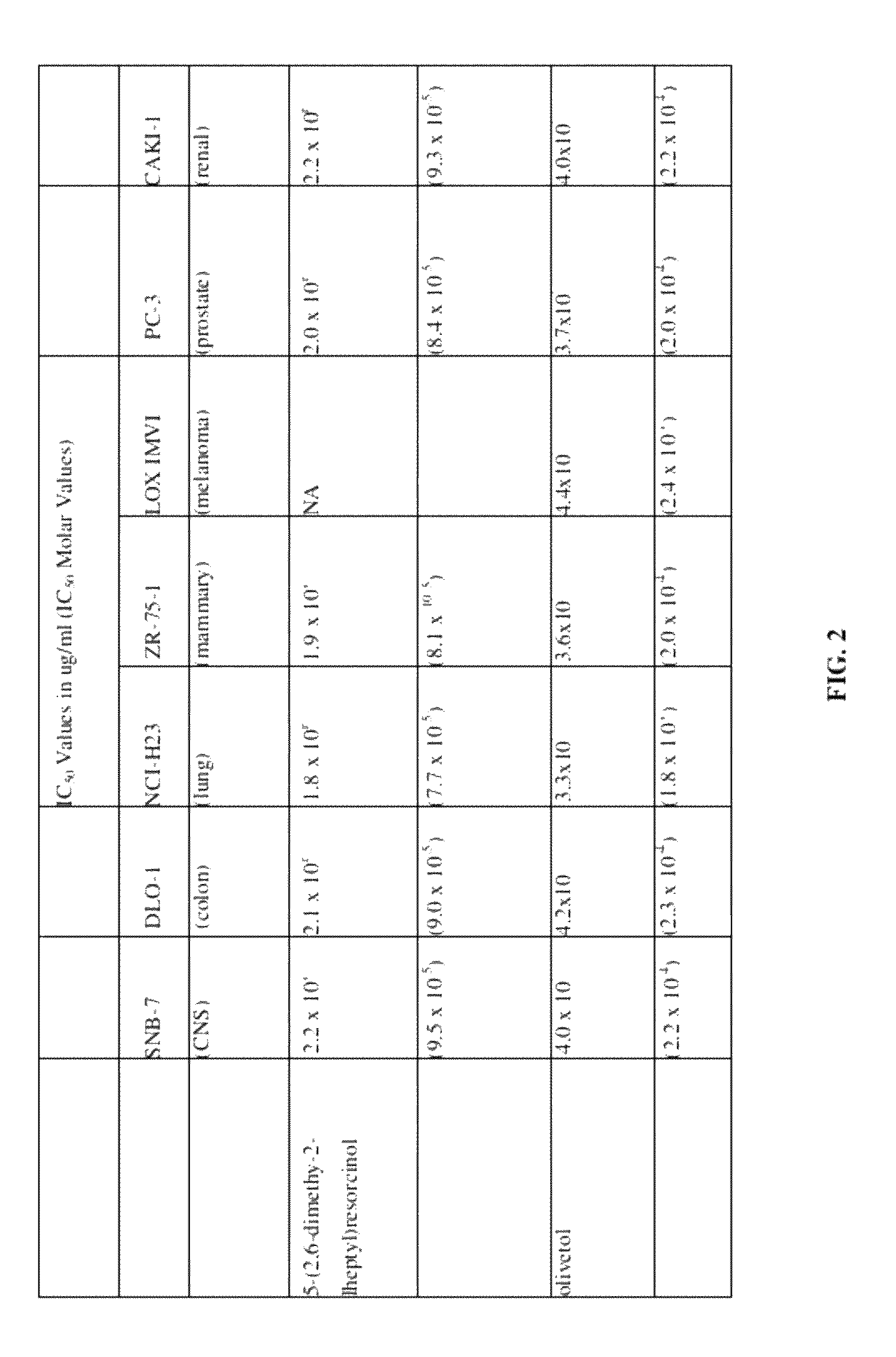
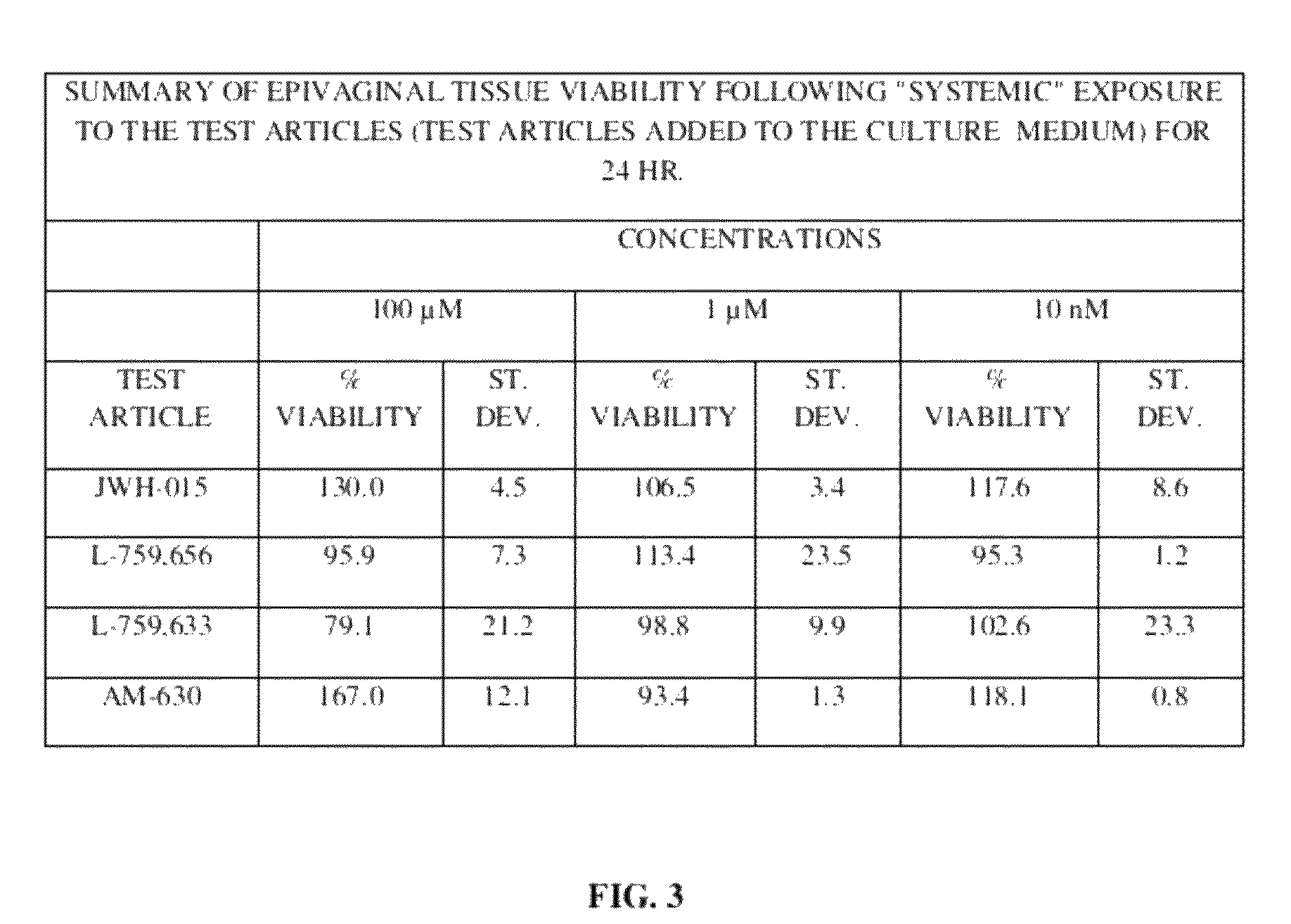
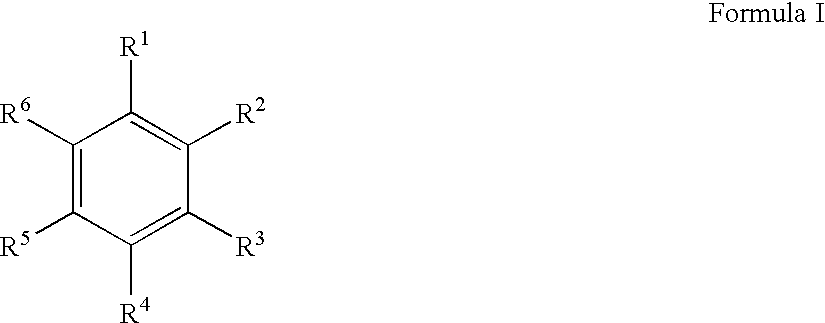
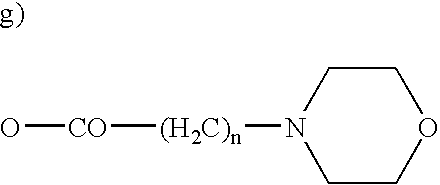

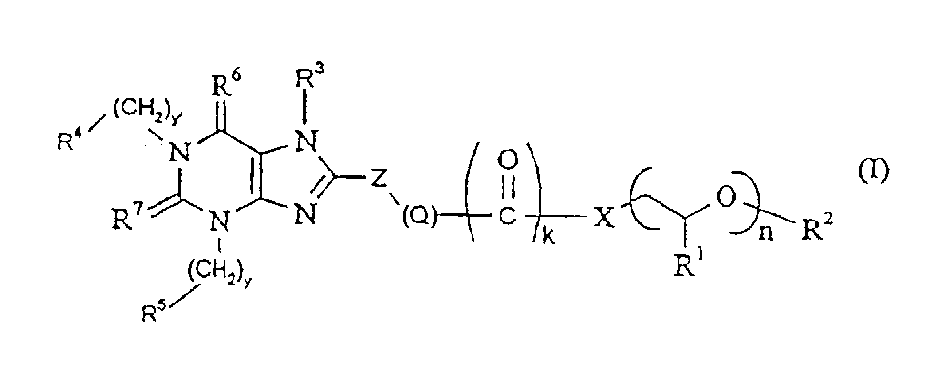
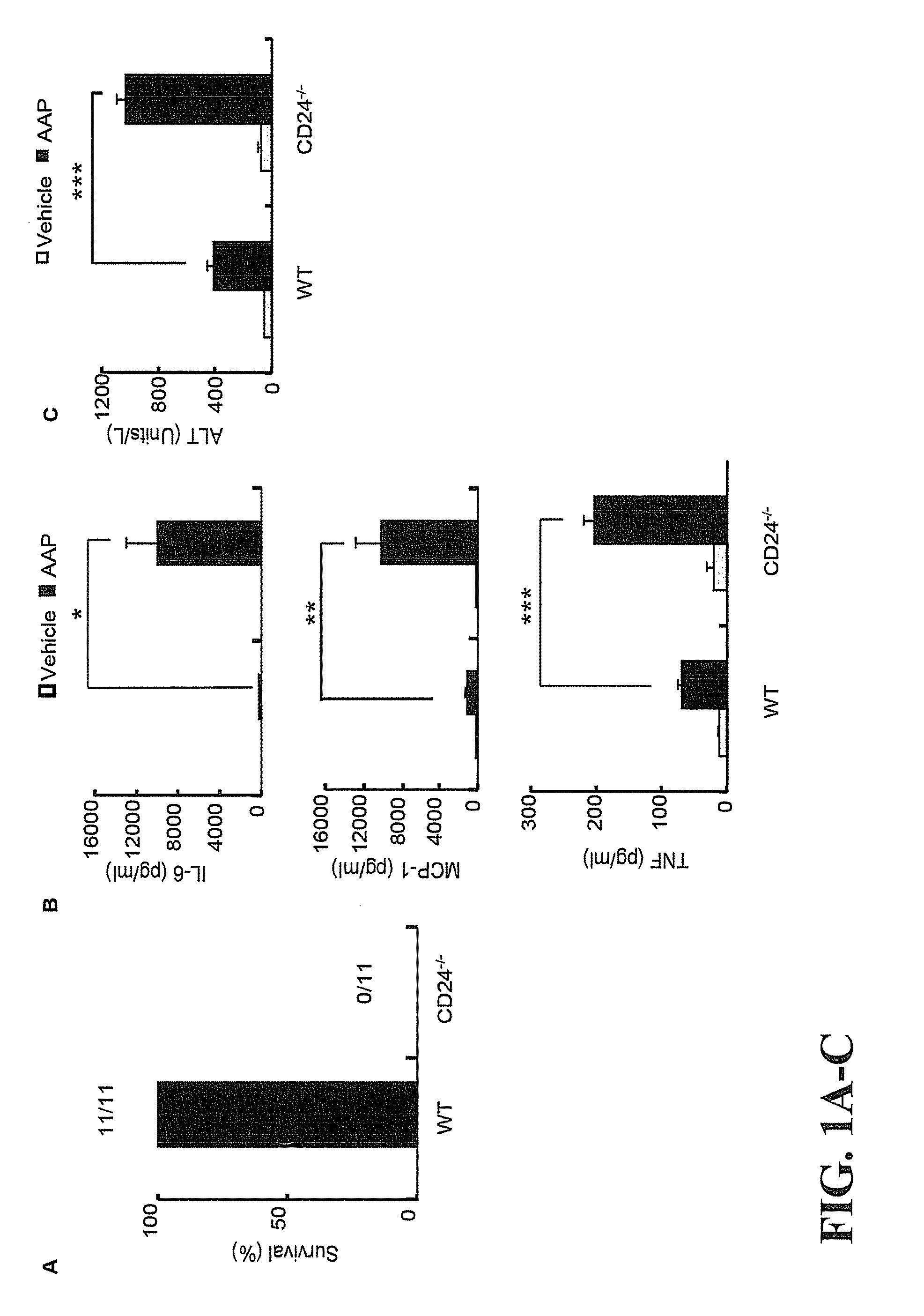
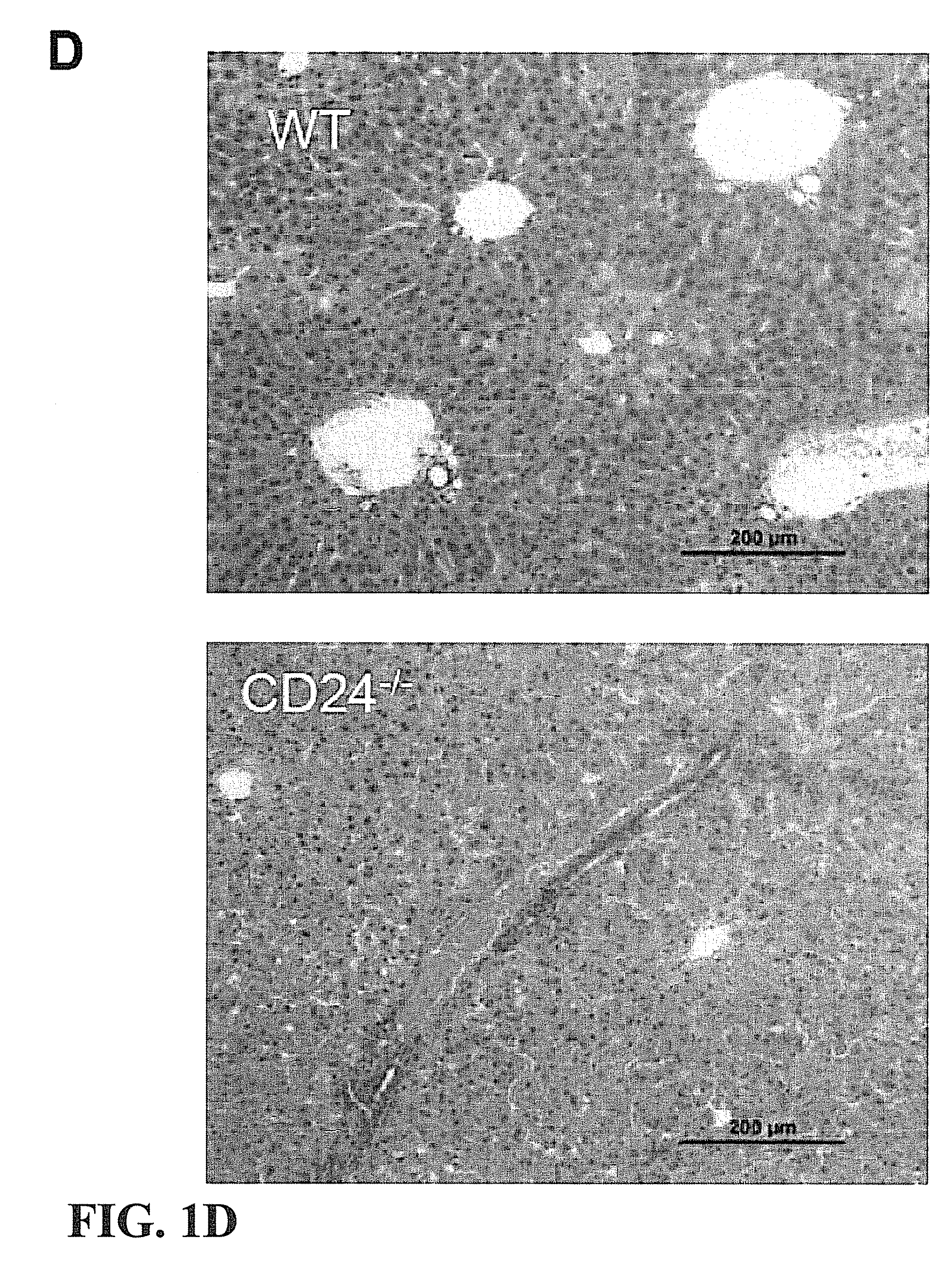
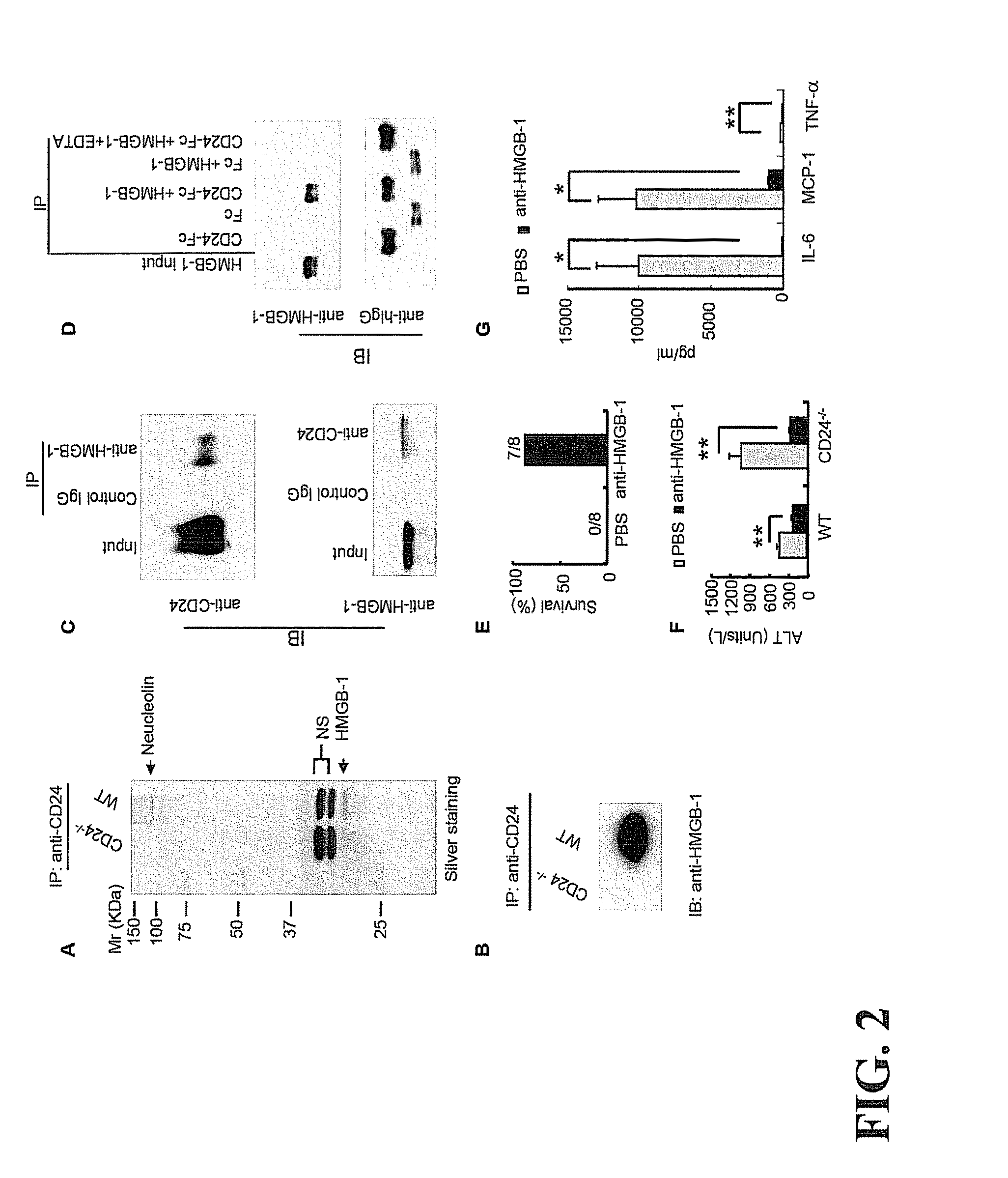
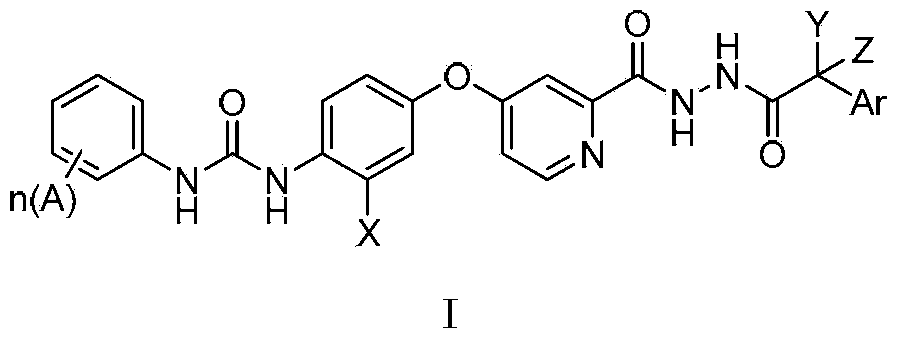
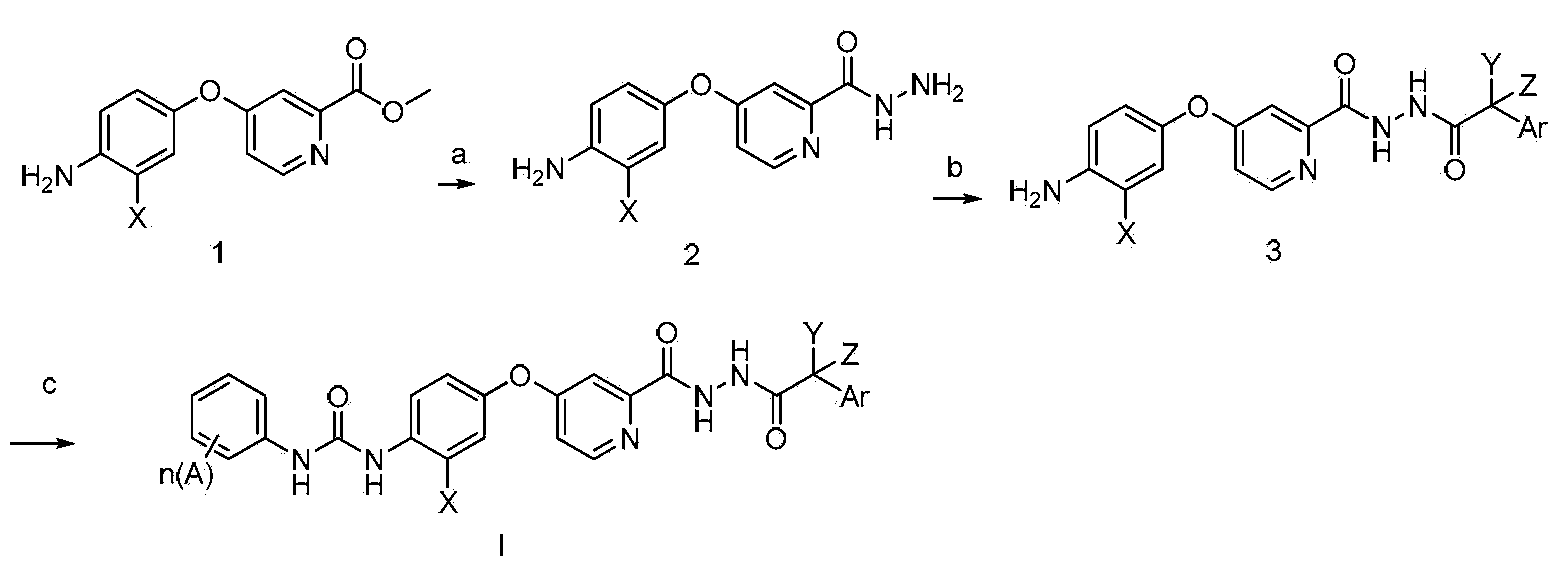
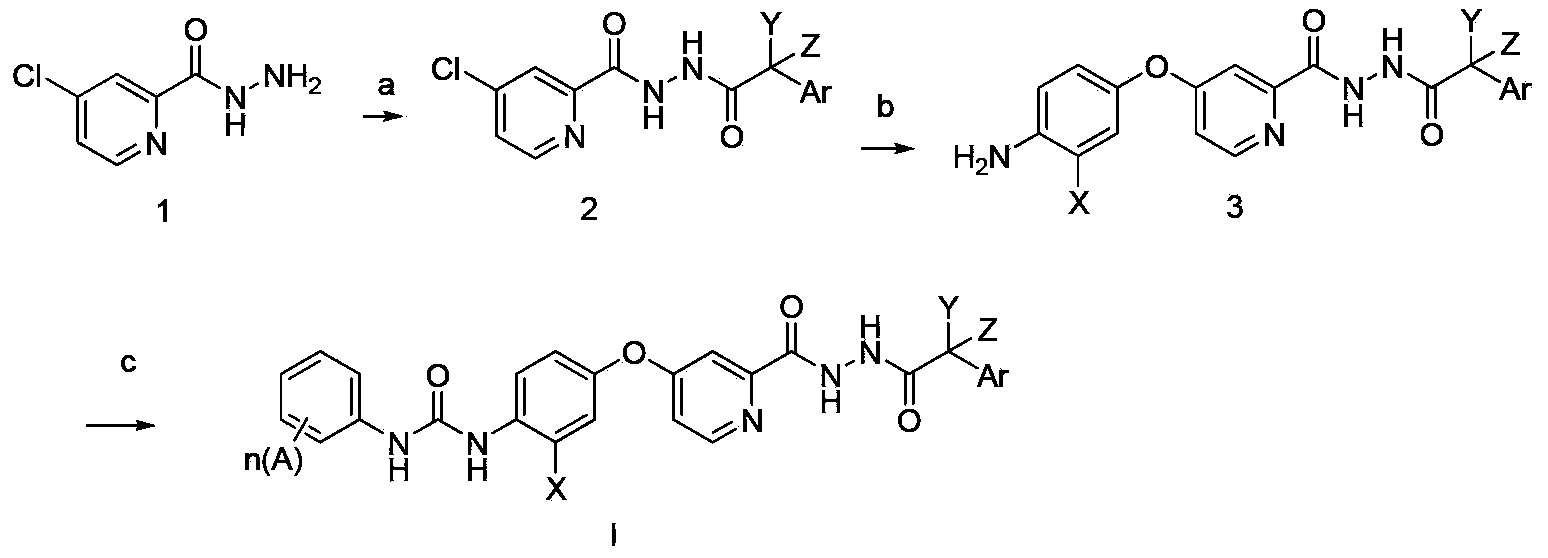


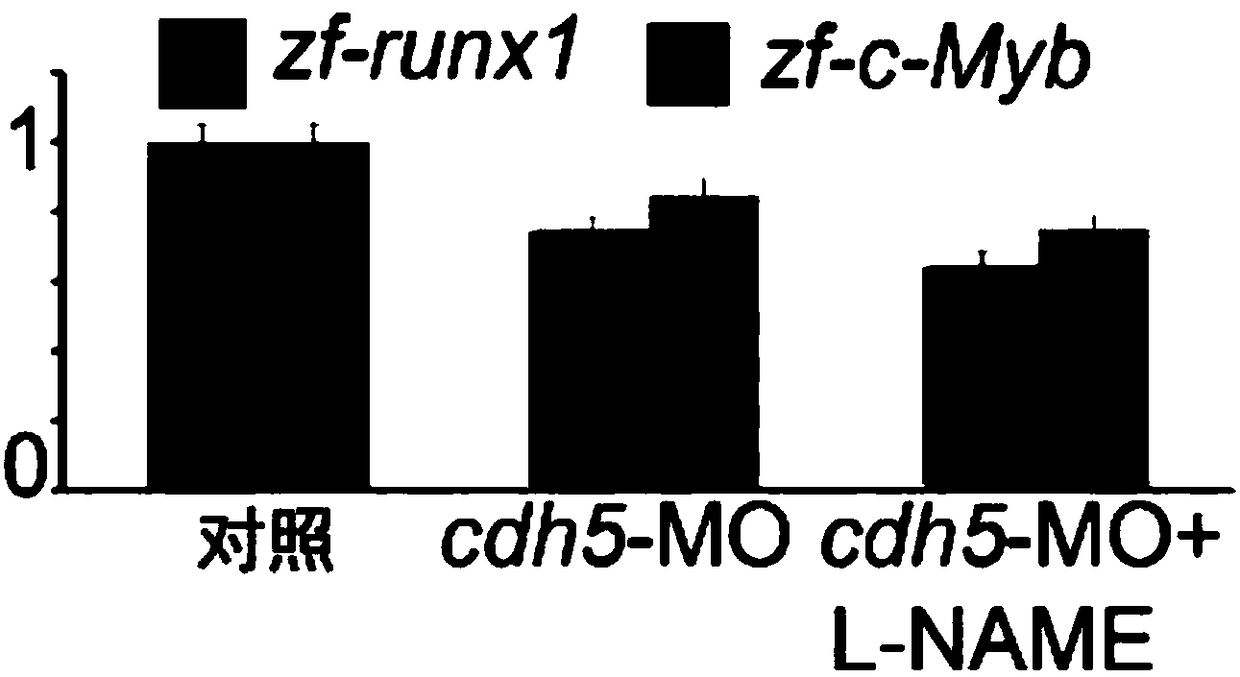
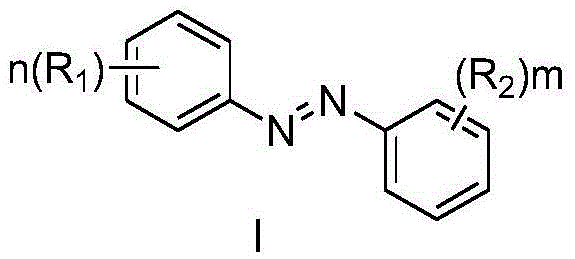


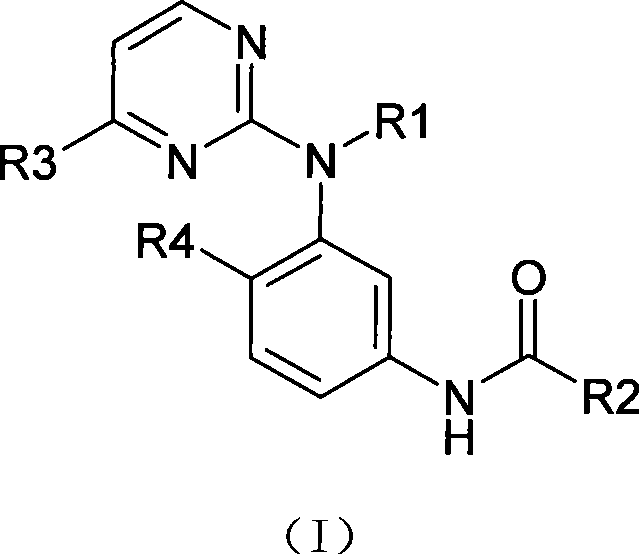
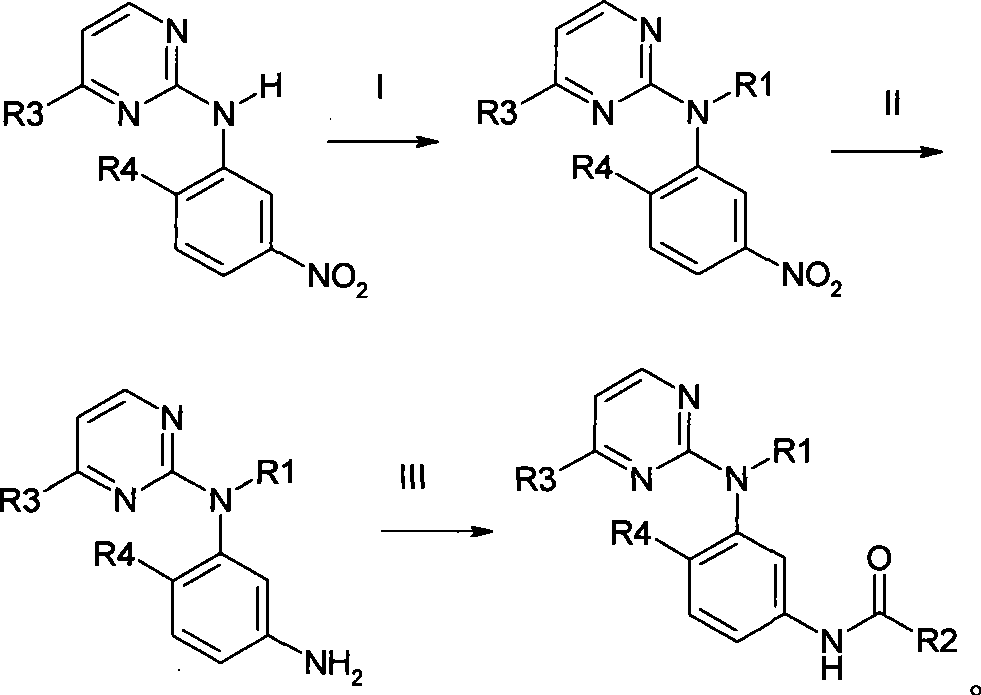
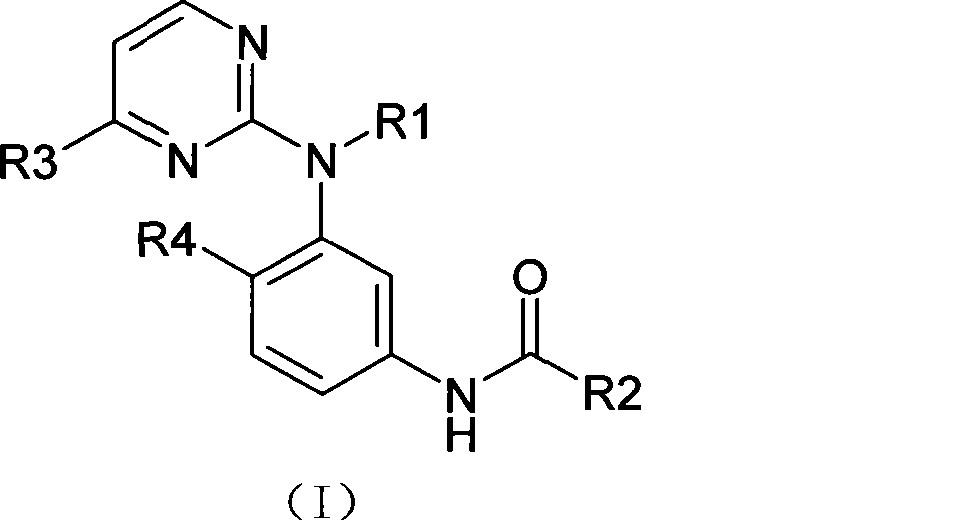
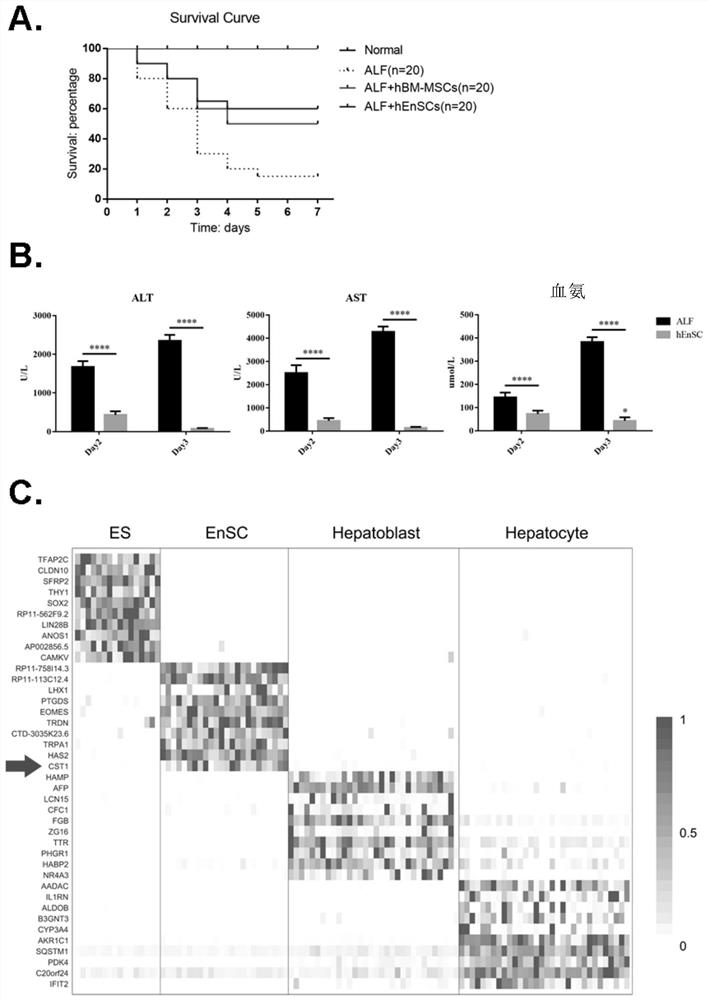
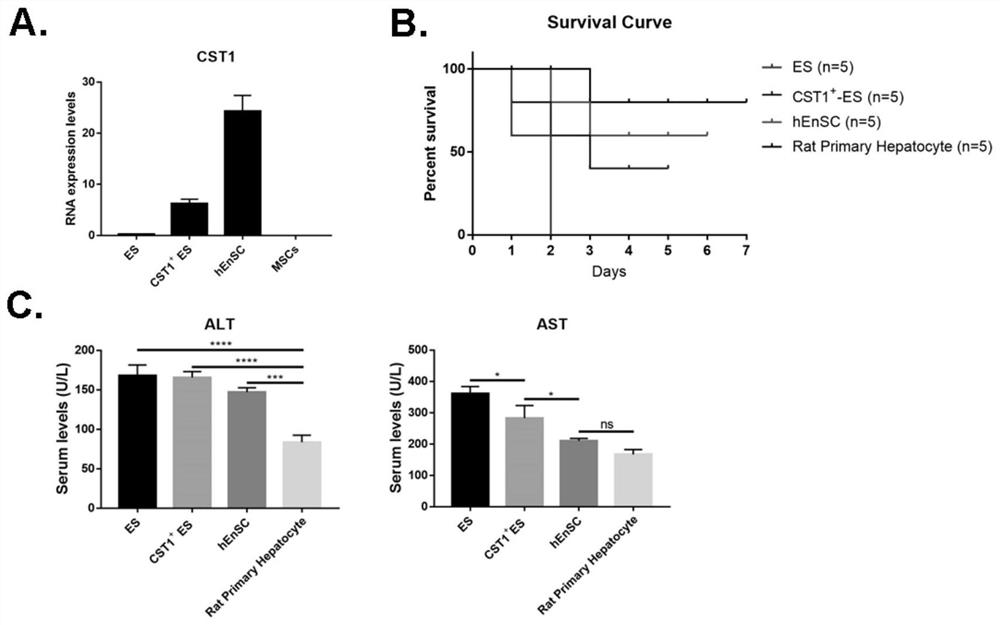
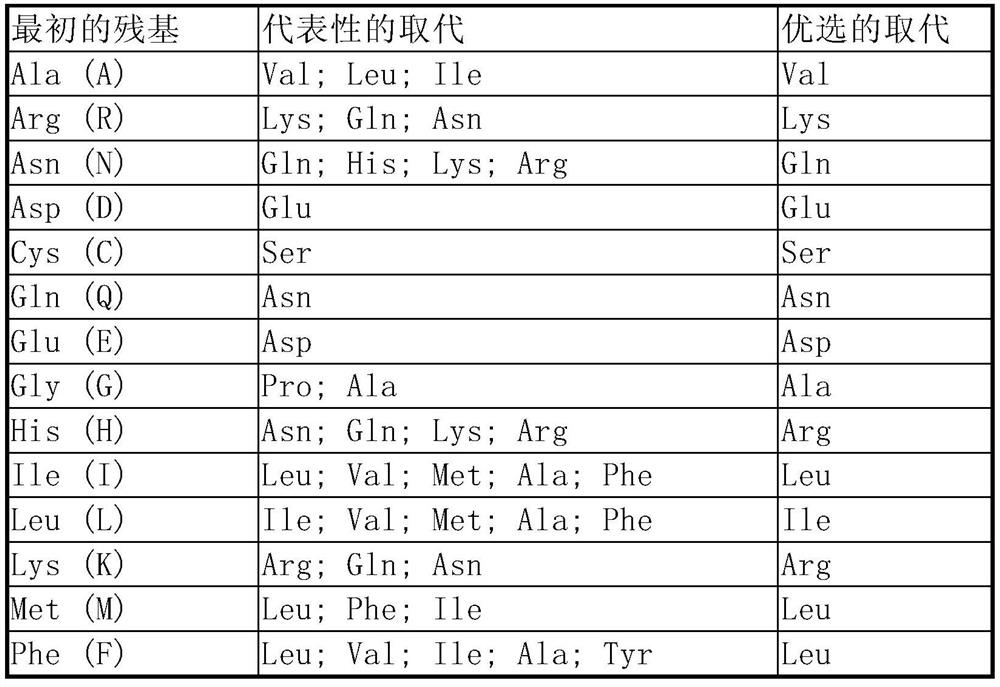
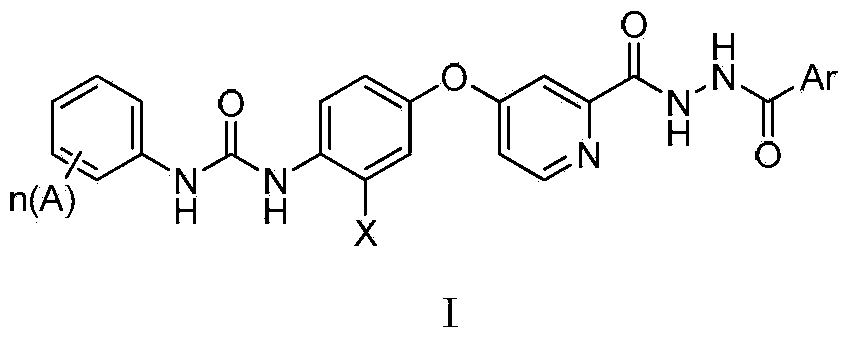
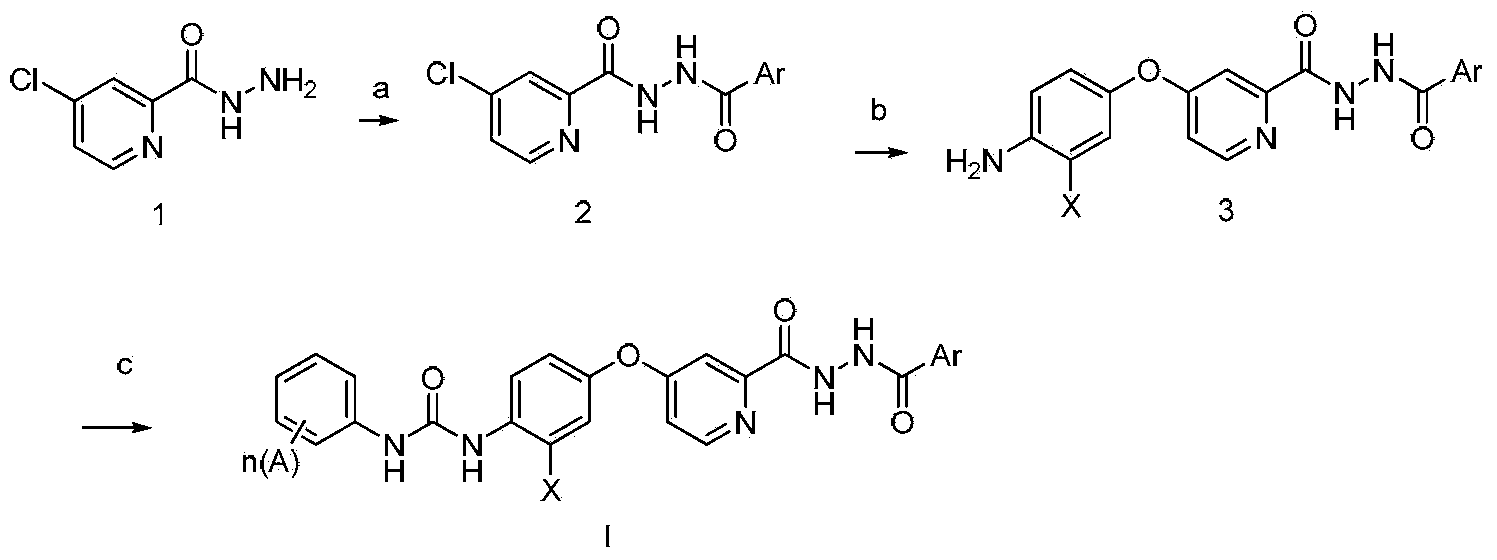
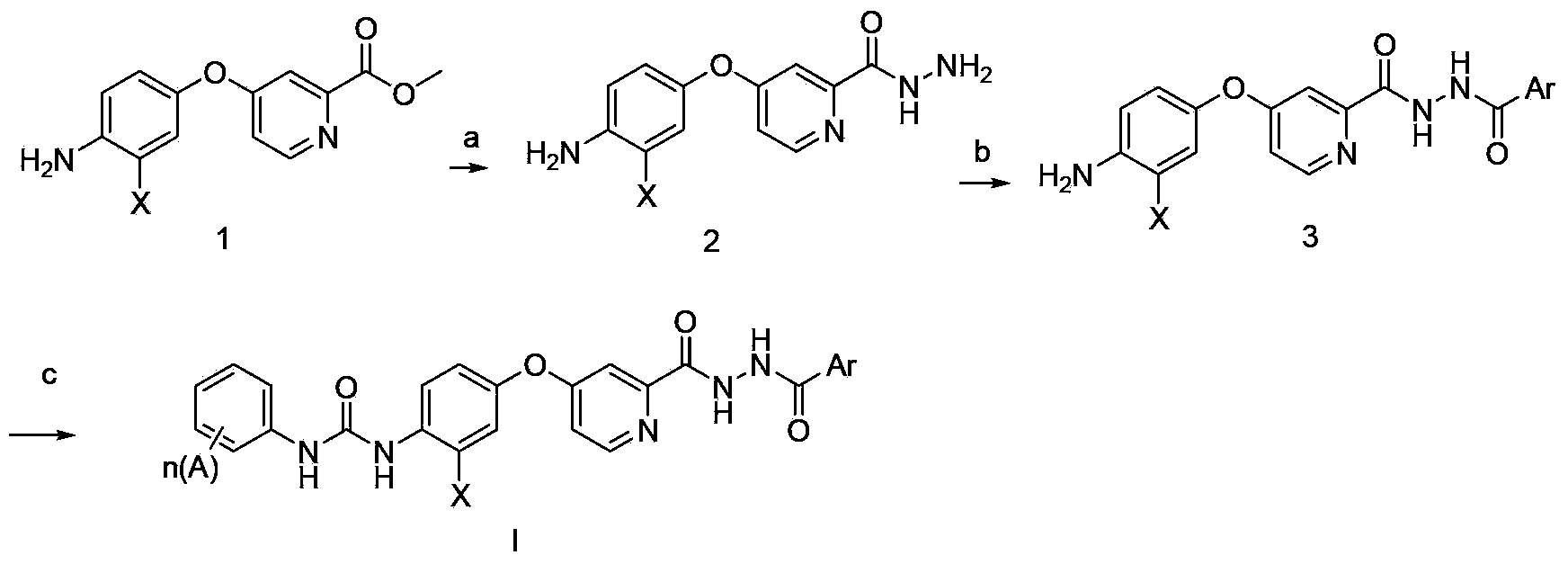
![4-{6-[5-(2-chlorinde-6- methylaniline formyl)-thiazole-2-amido]-2-methyl pyrimidine-4}-piperazine-1- diethyl methylphosphate 4-{6-[5-(2-chlorinde-6- methylaniline formyl)-thiazole-2-amido]-2-methyl pyrimidine-4}-piperazine-1- diethyl methylphosphate](https://images-eureka.patsnap.com/patent_img/850fa9f0-3482-47a8-bb88-75ea0f42169d/a20081000819700171.PNG)
![4-{6-[5-(2-chlorinde-6- methylaniline formyl)-thiazole-2-amido]-2-methyl pyrimidine-4}-piperazine-1- diethyl methylphosphate 4-{6-[5-(2-chlorinde-6- methylaniline formyl)-thiazole-2-amido]-2-methyl pyrimidine-4}-piperazine-1- diethyl methylphosphate](https://images-eureka.patsnap.com/patent_img/850fa9f0-3482-47a8-bb88-75ea0f42169d/a20081000819700181.PNG)
![4-{6-[5-(2-chlorinde-6- methylaniline formyl)-thiazole-2-amido]-2-methyl pyrimidine-4}-piperazine-1- diethyl methylphosphate 4-{6-[5-(2-chlorinde-6- methylaniline formyl)-thiazole-2-amido]-2-methyl pyrimidine-4}-piperazine-1- diethyl methylphosphate](https://images-eureka.patsnap.com/patent_img/850fa9f0-3482-47a8-bb88-75ea0f42169d/a20081000819700191.PNG)
